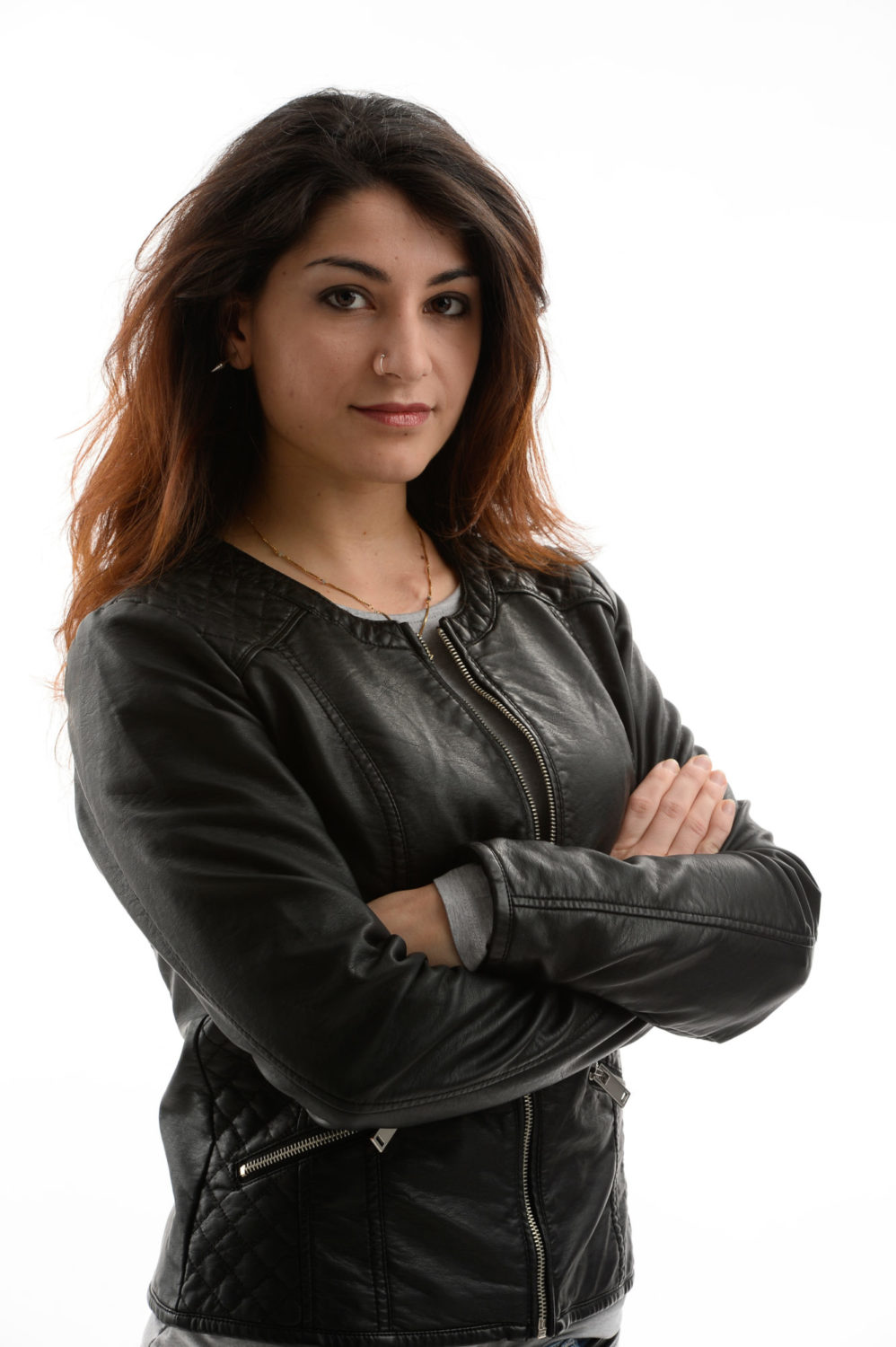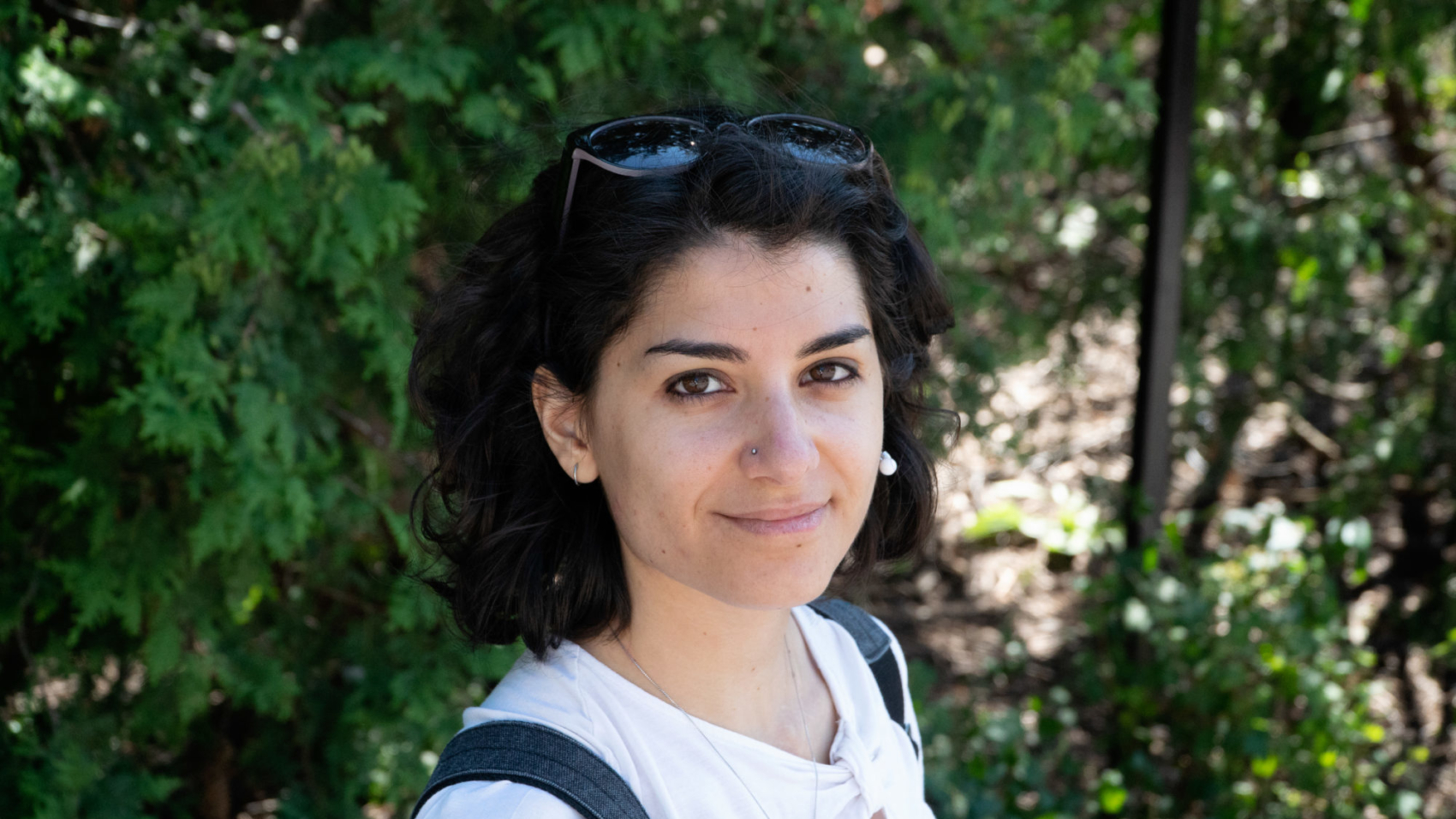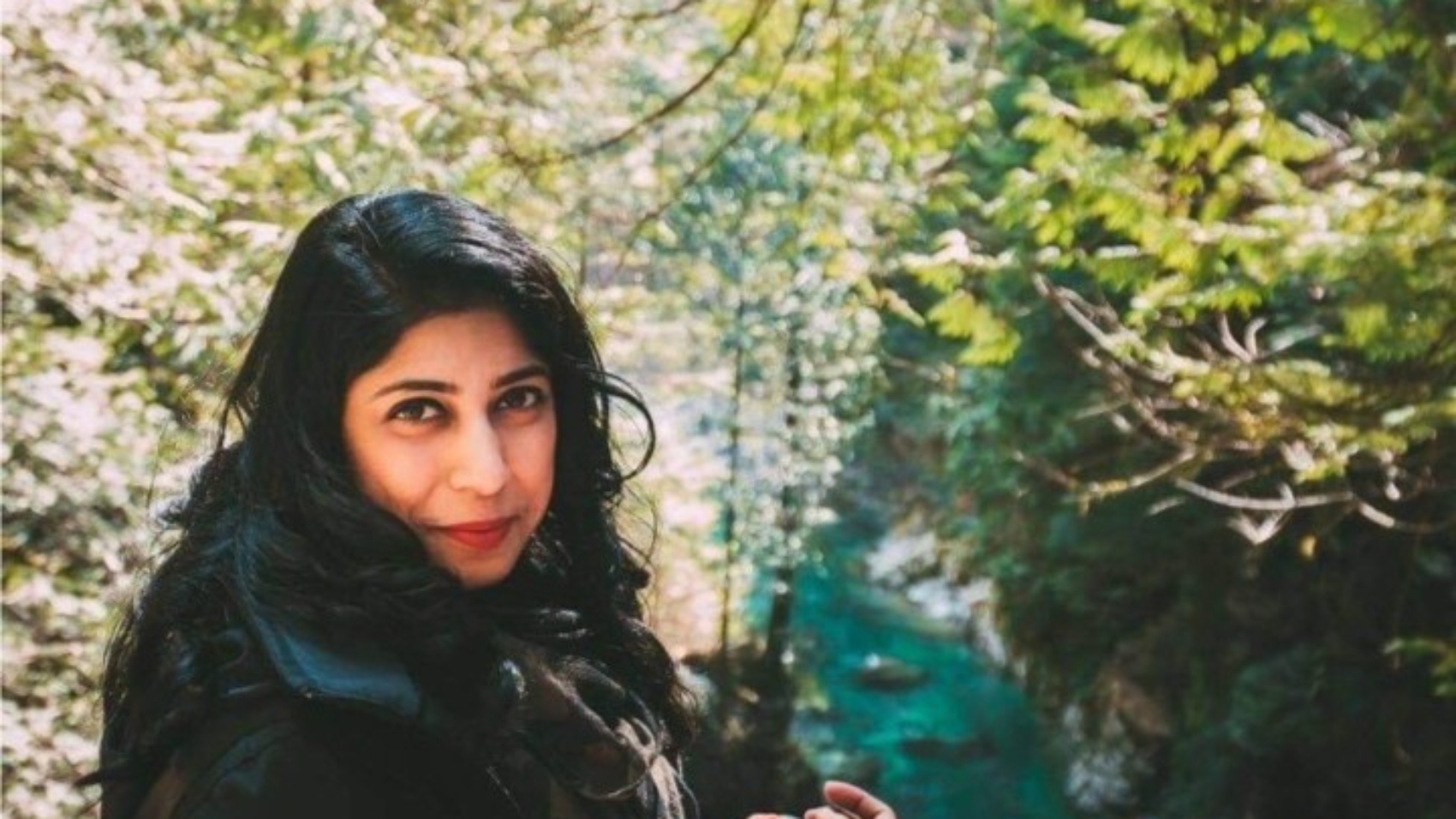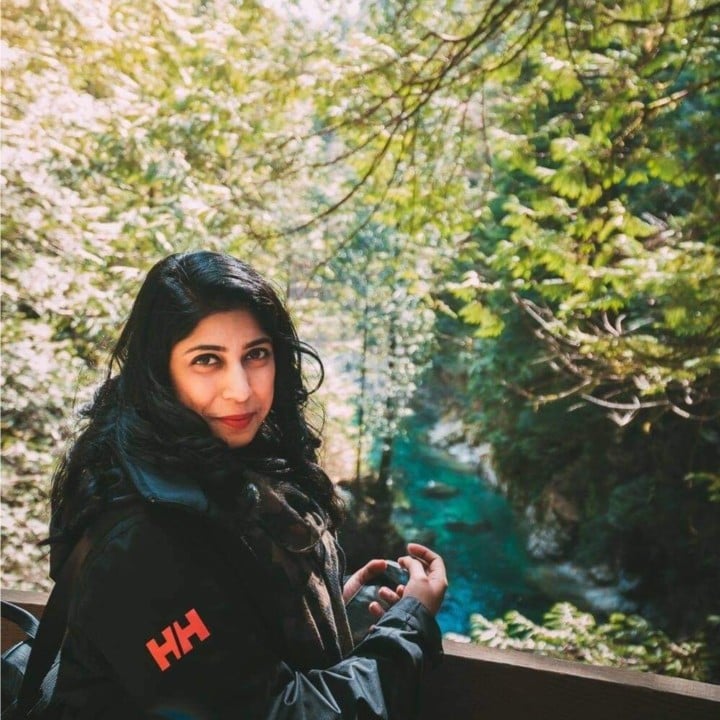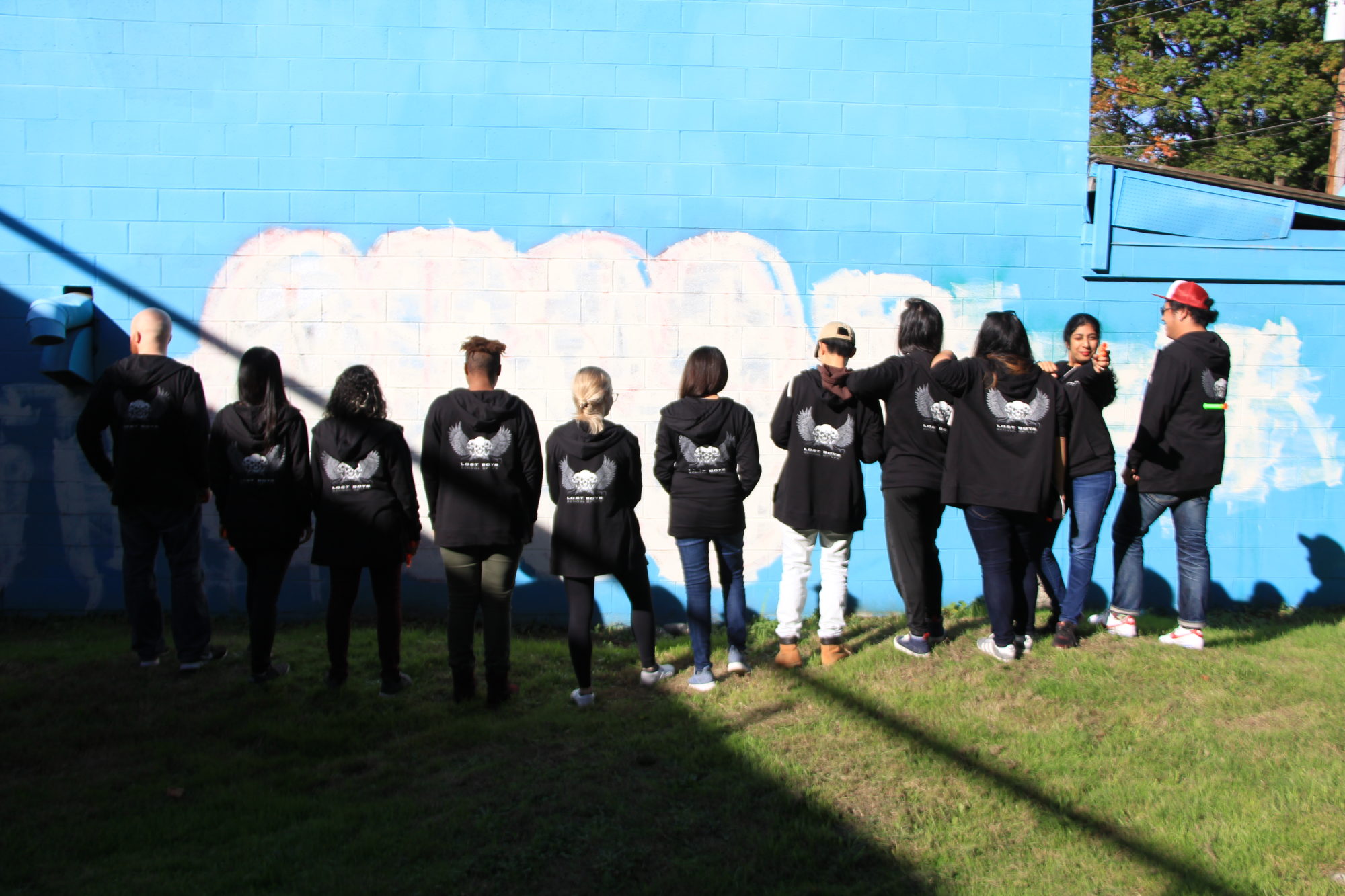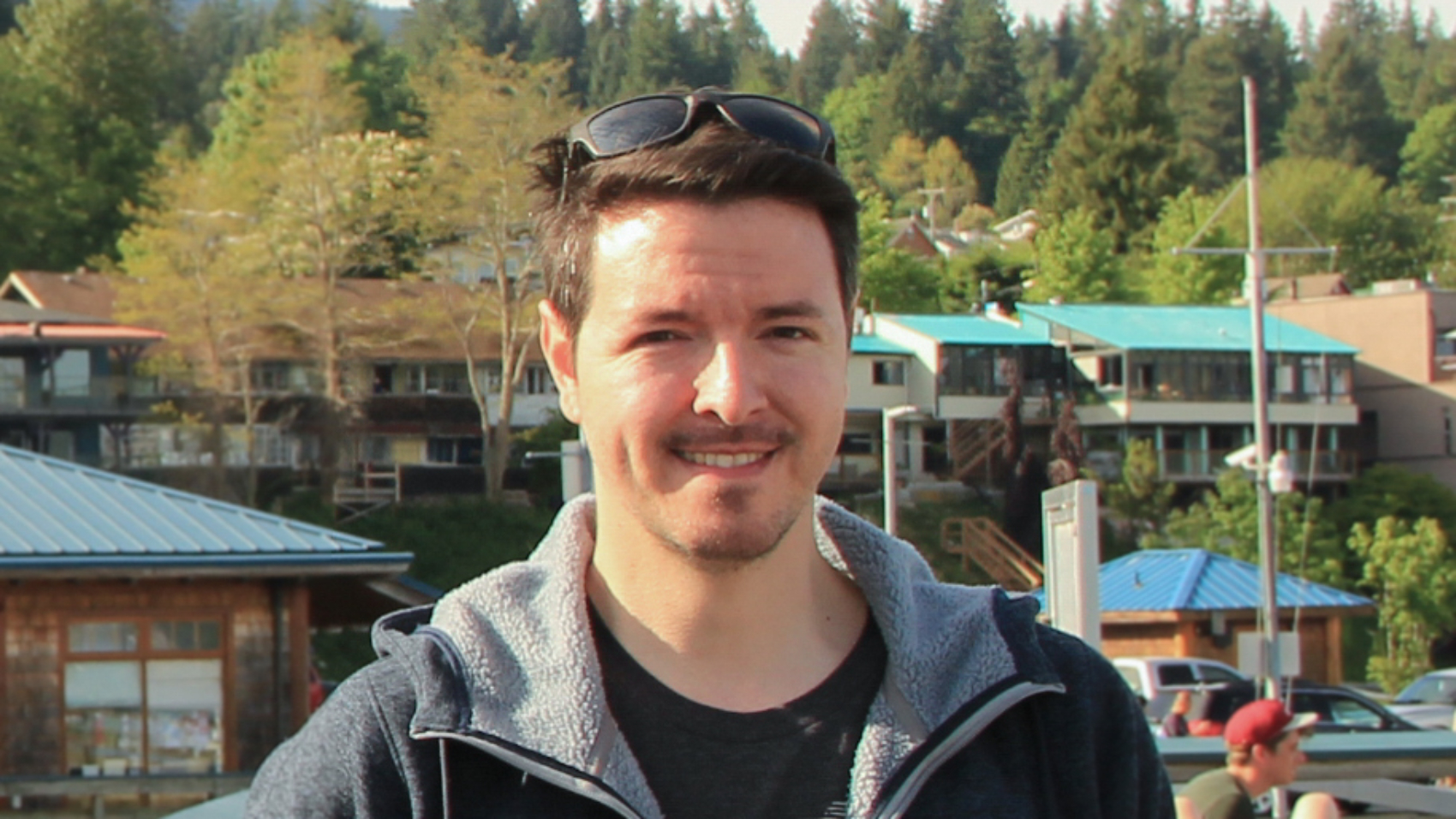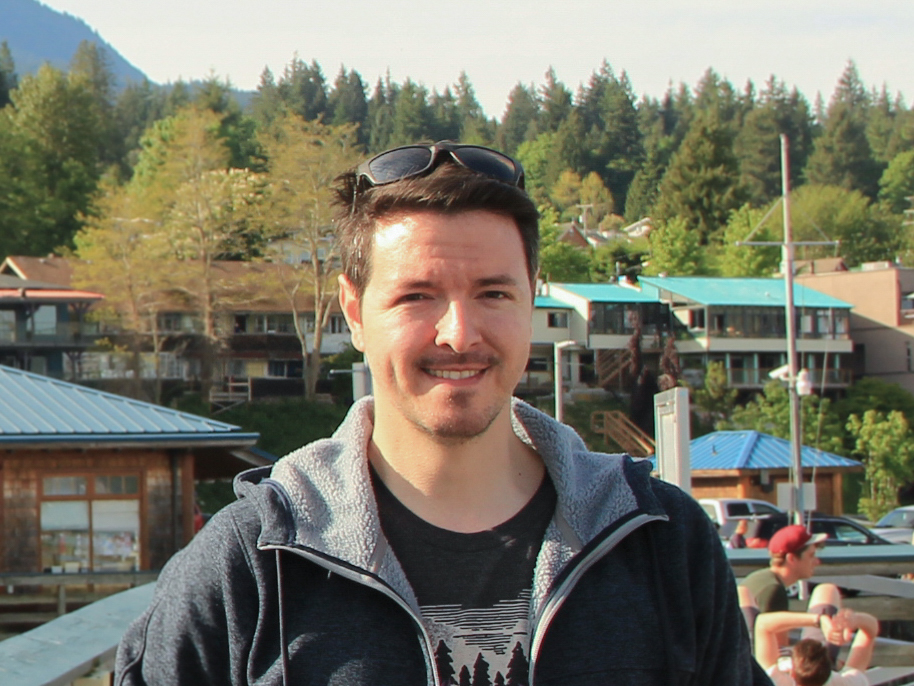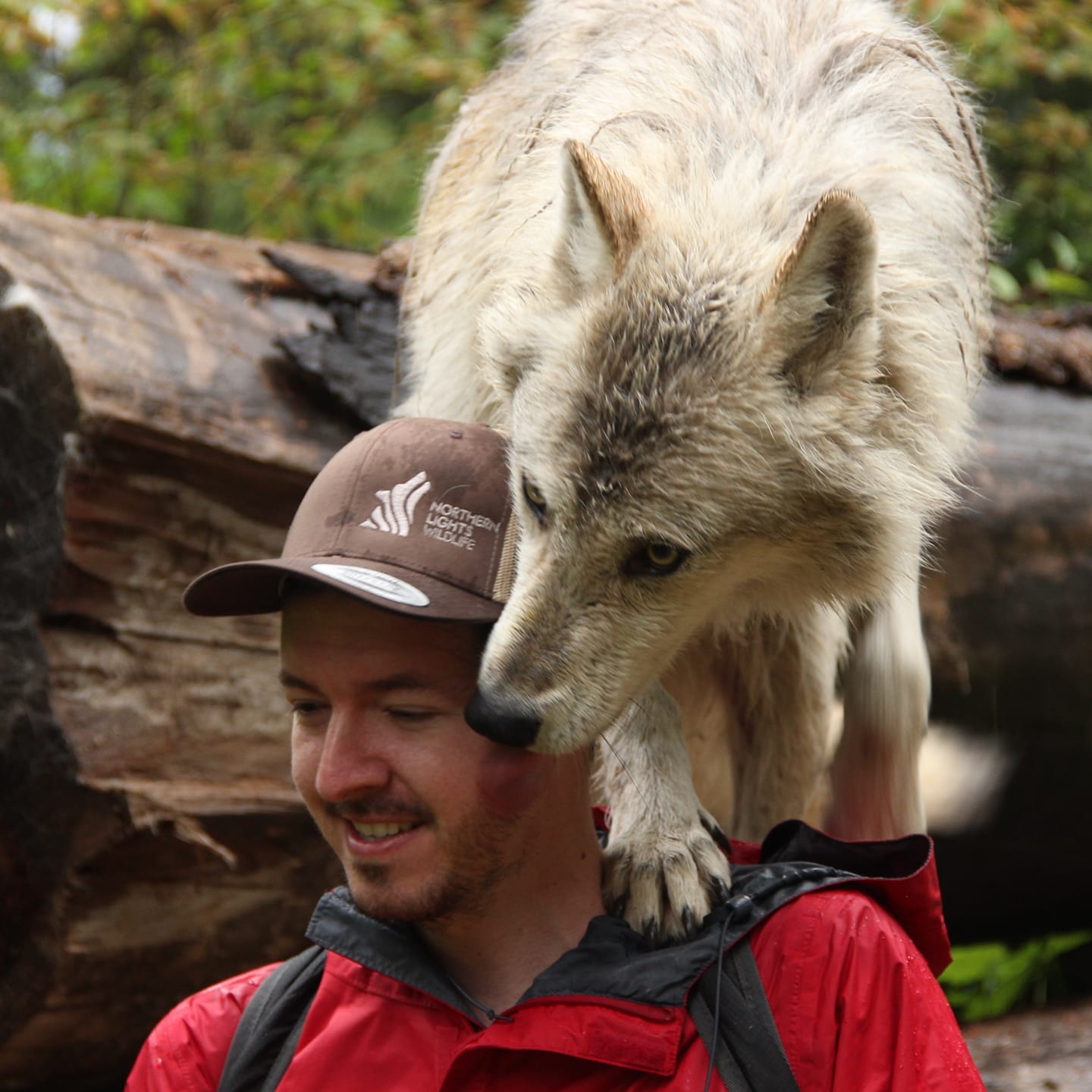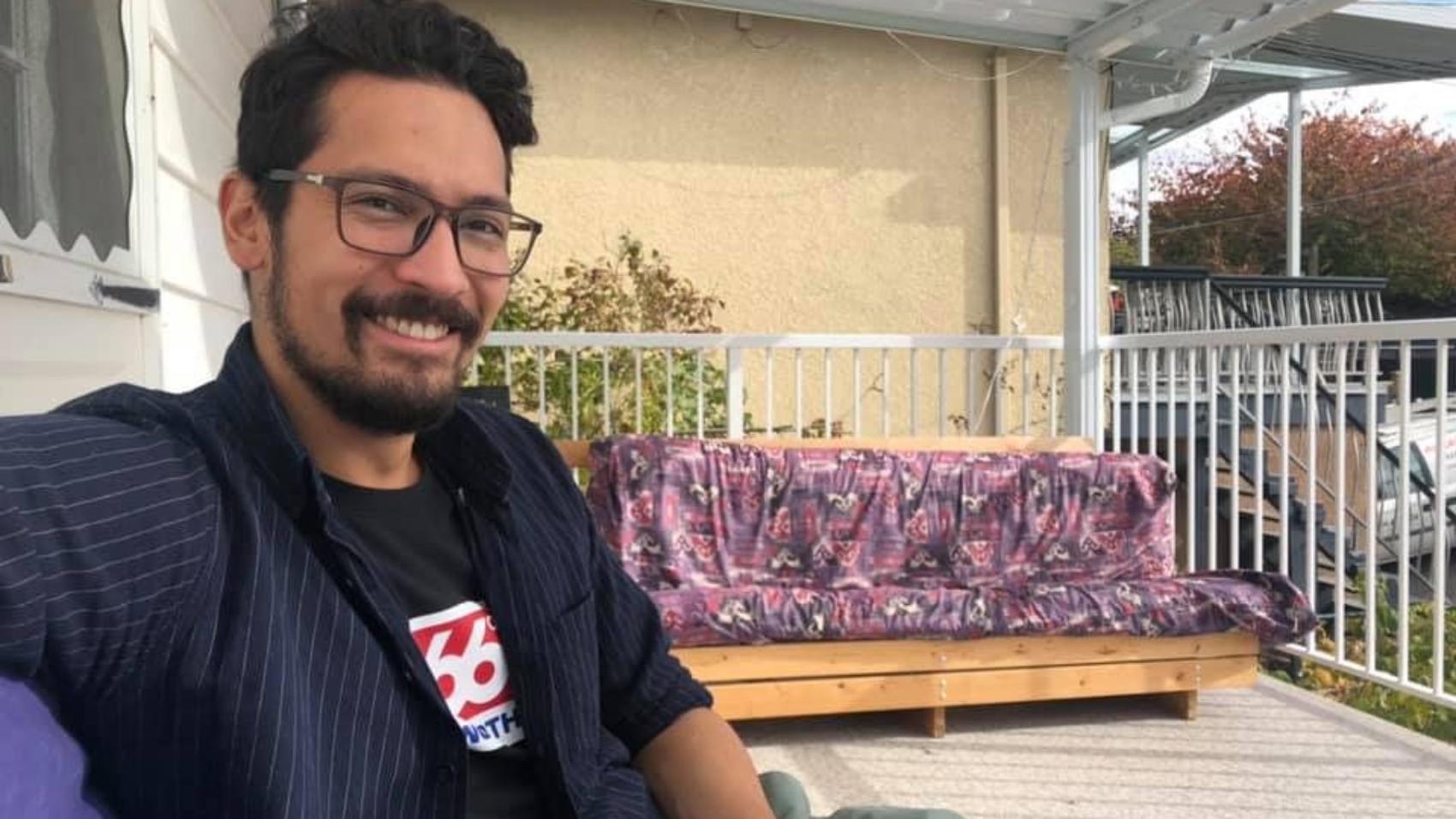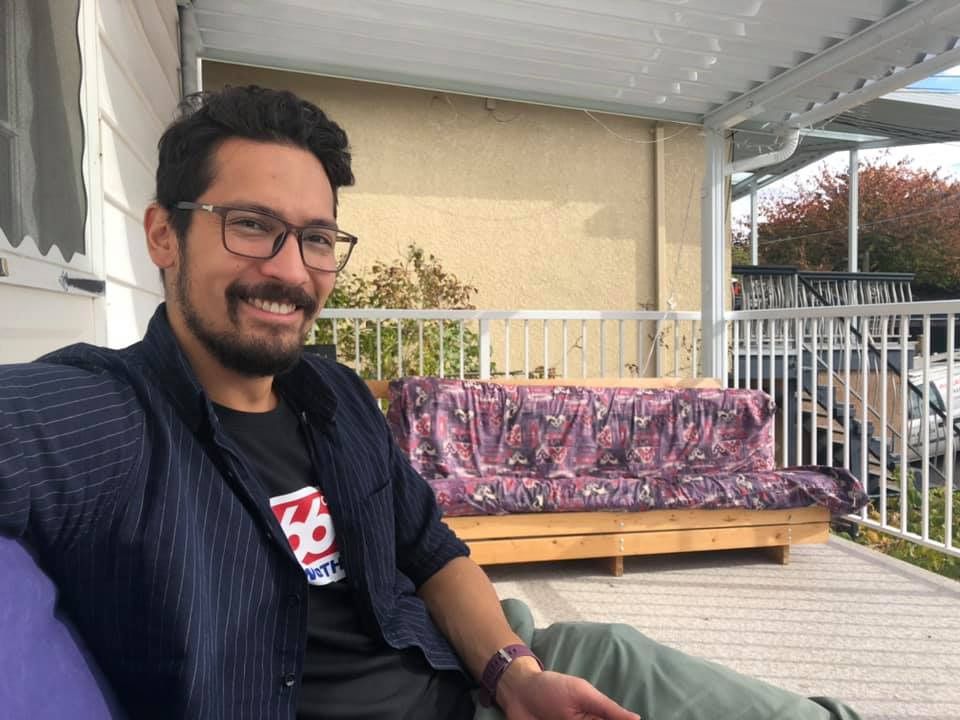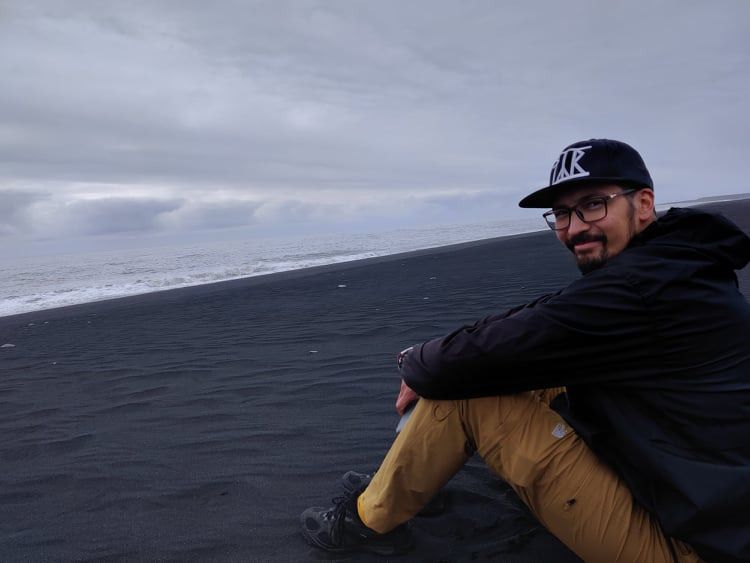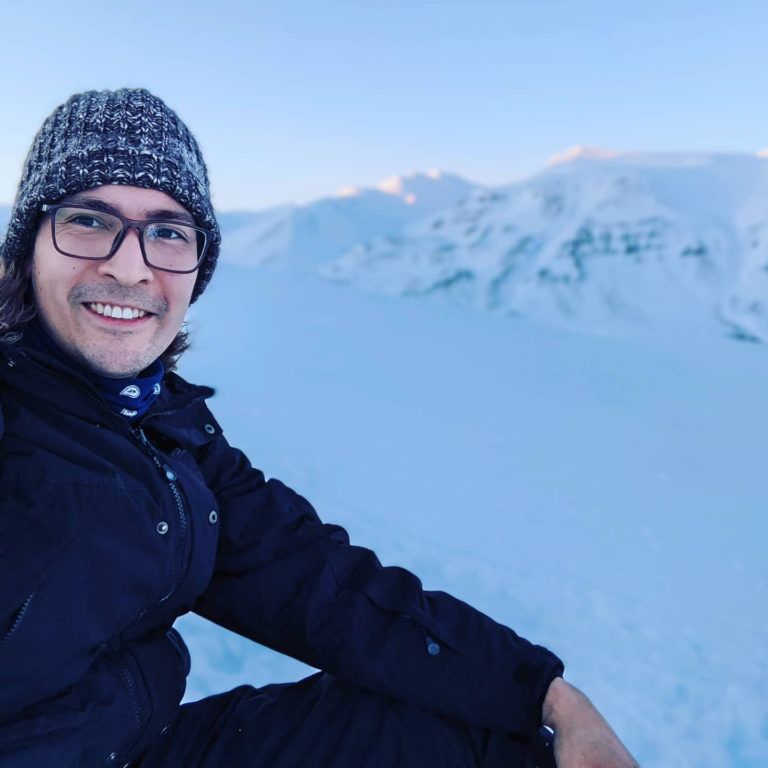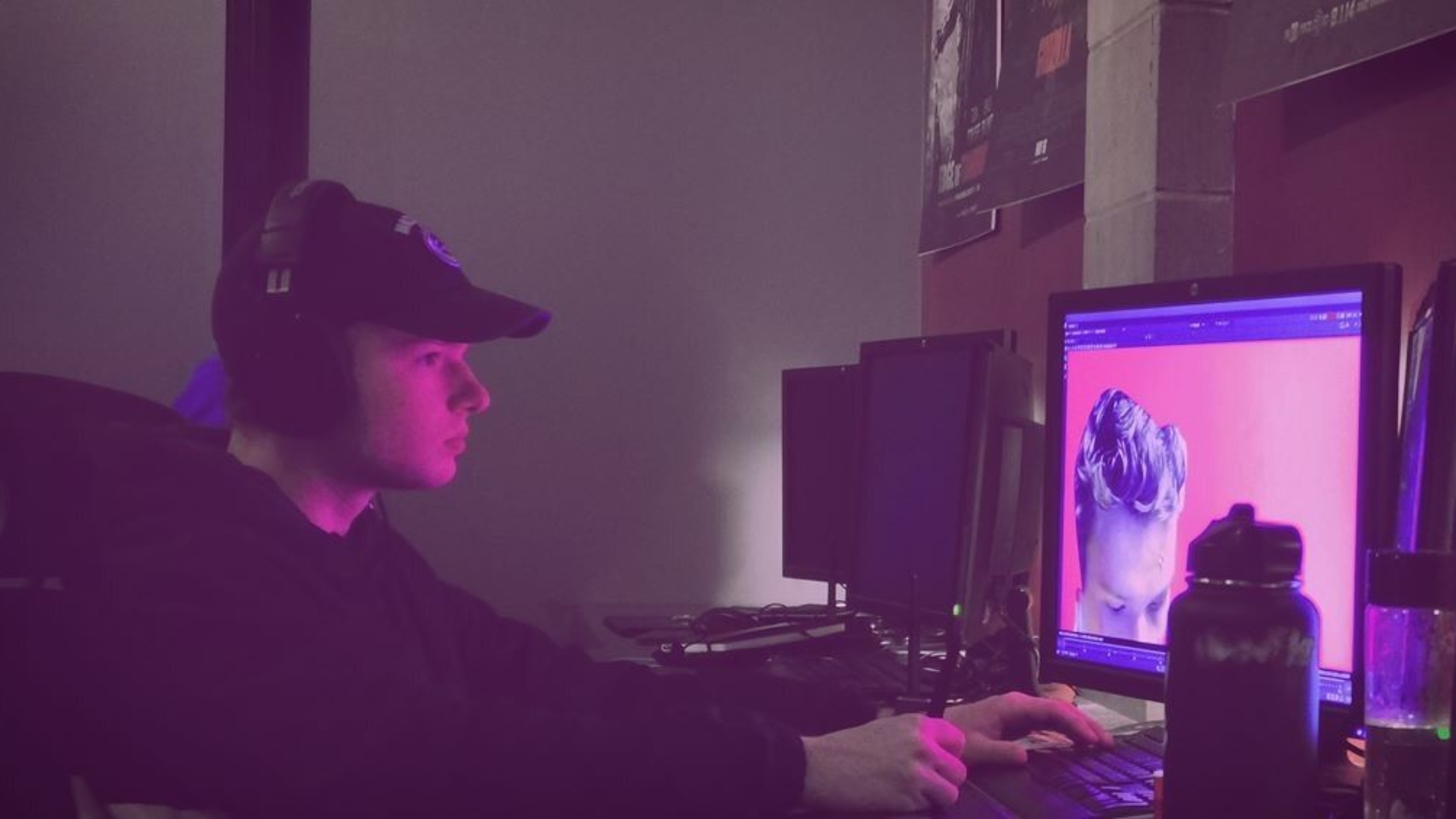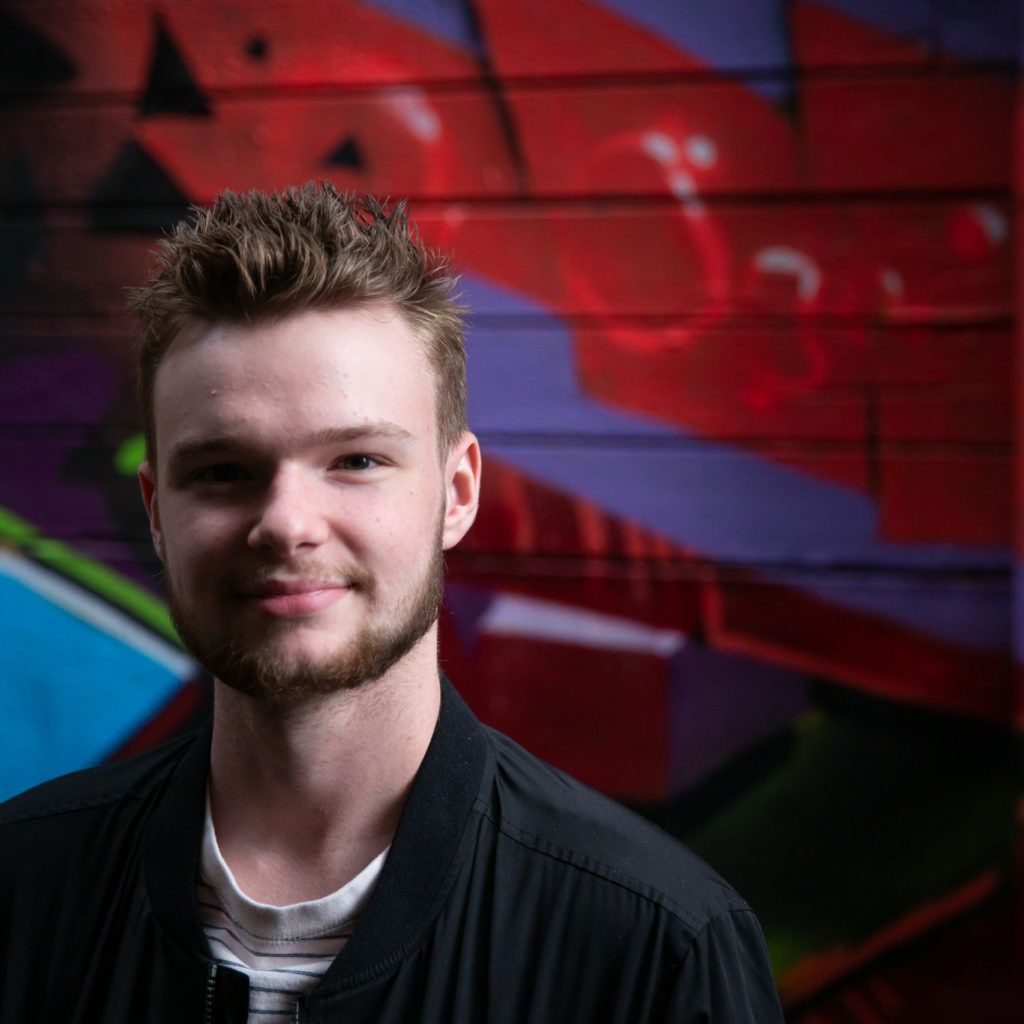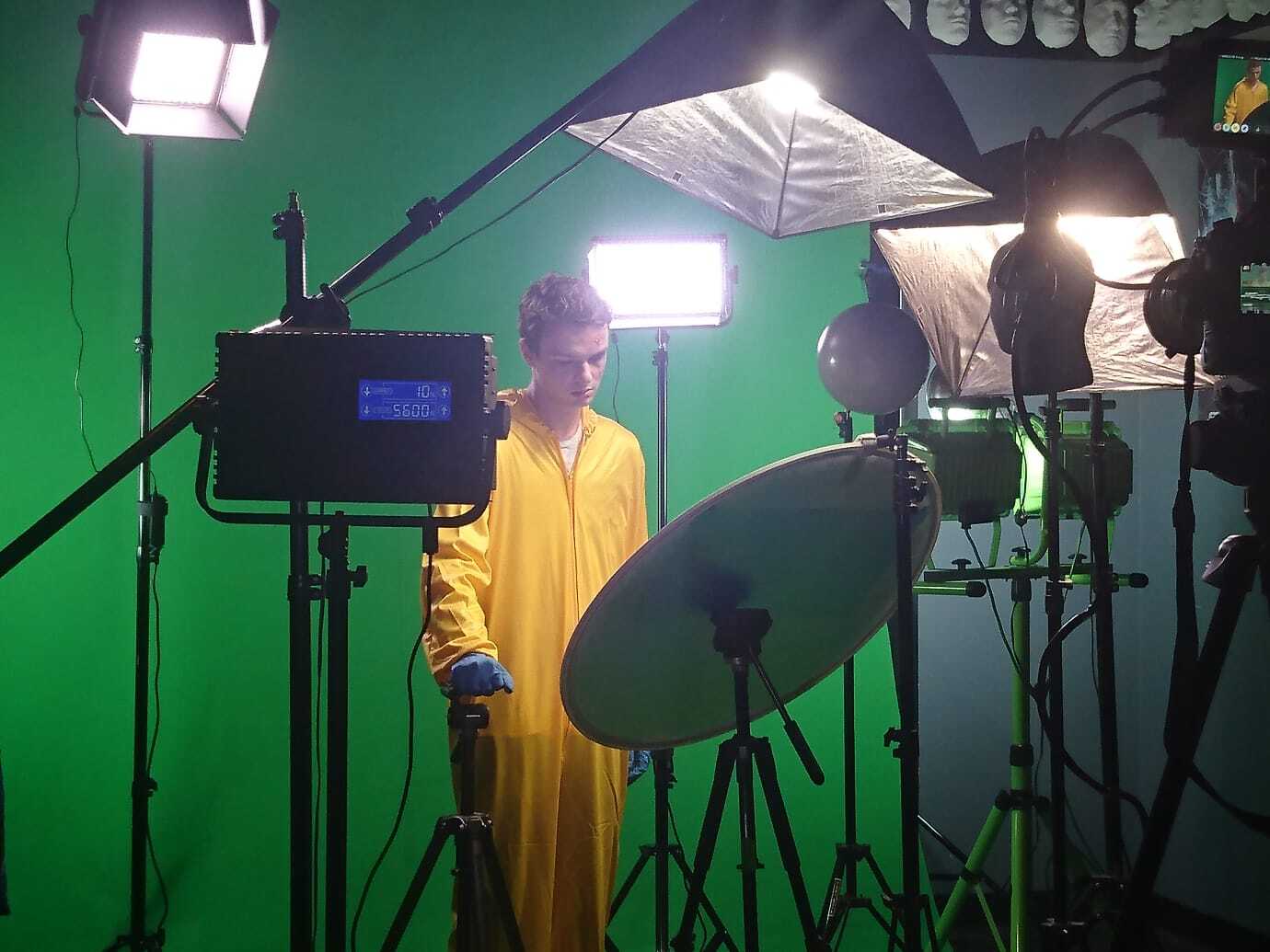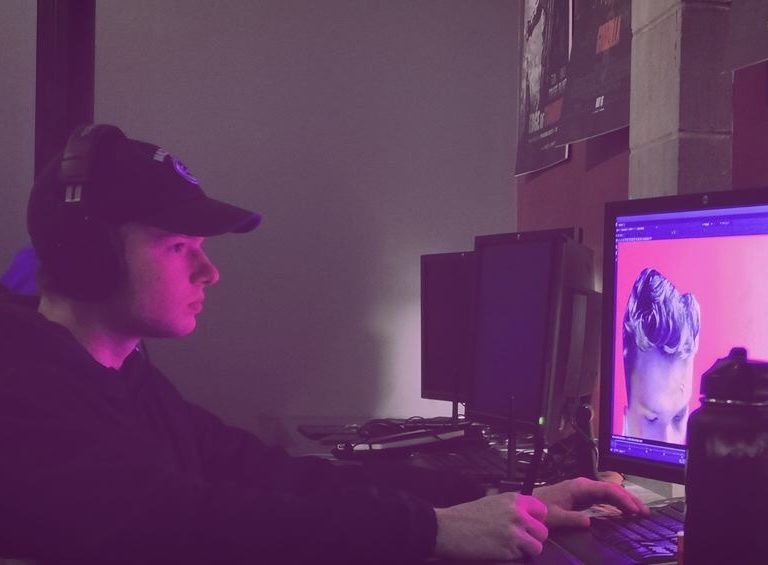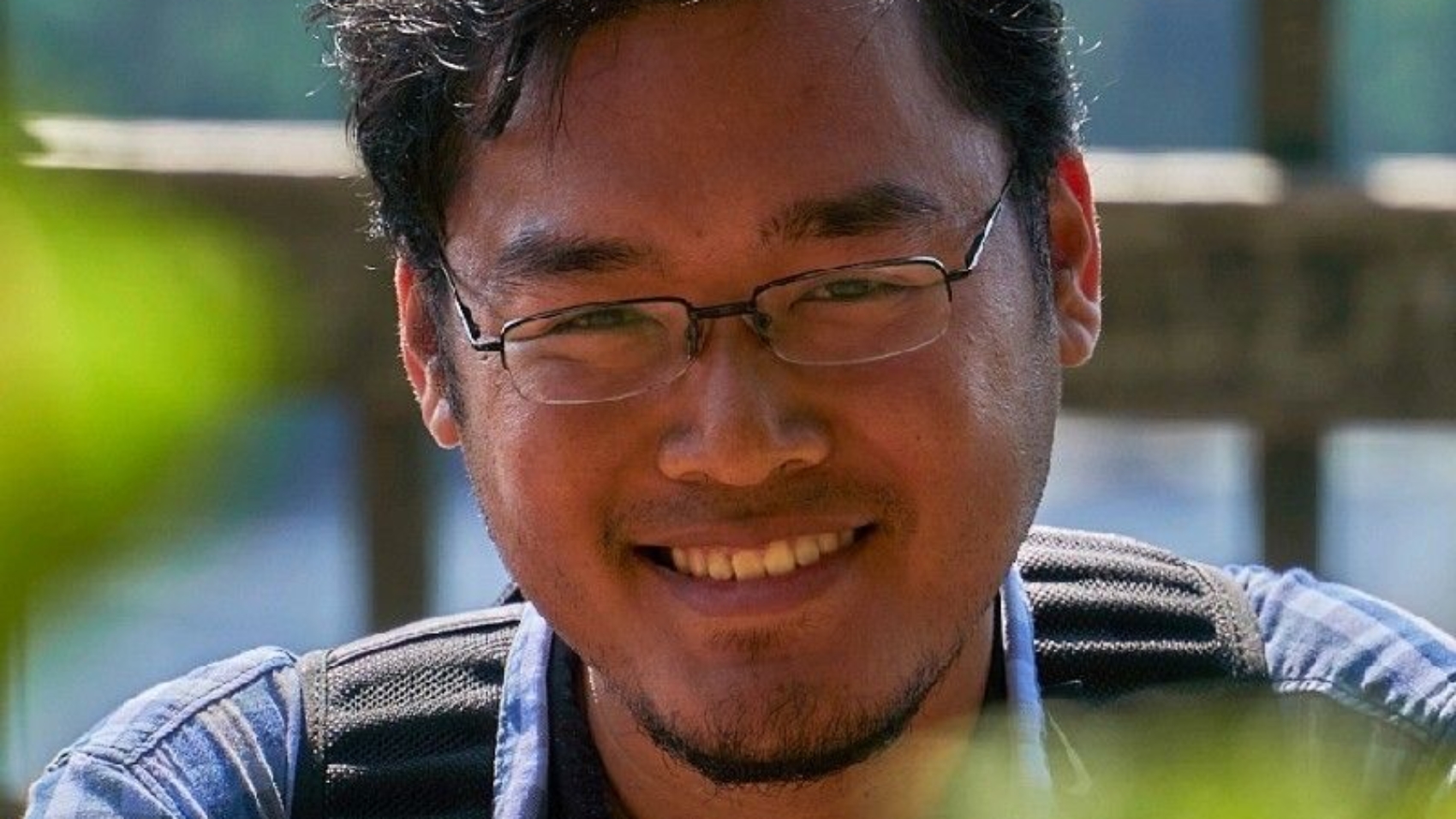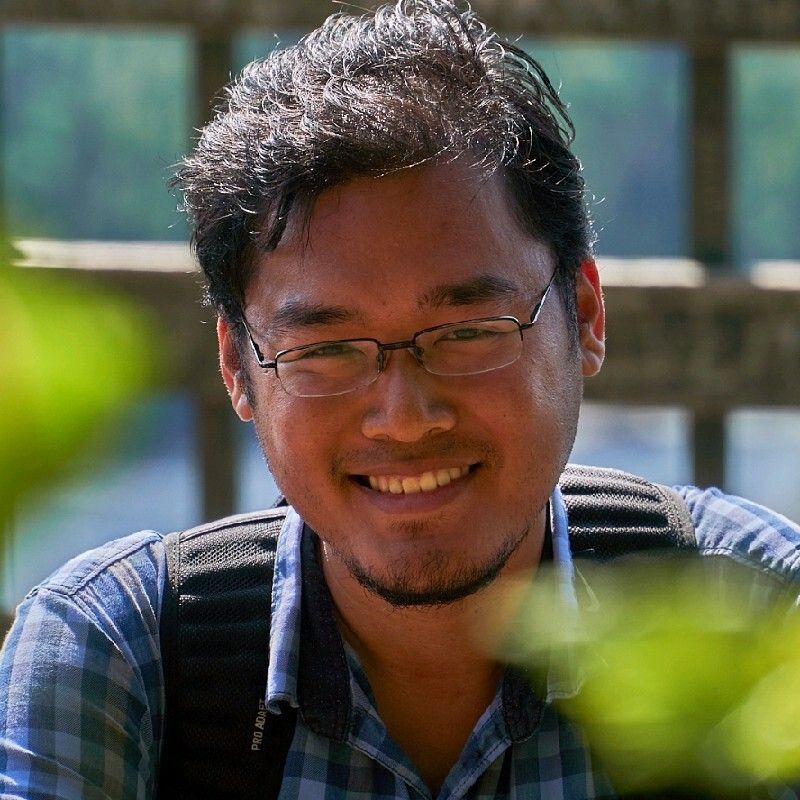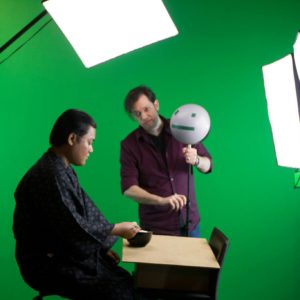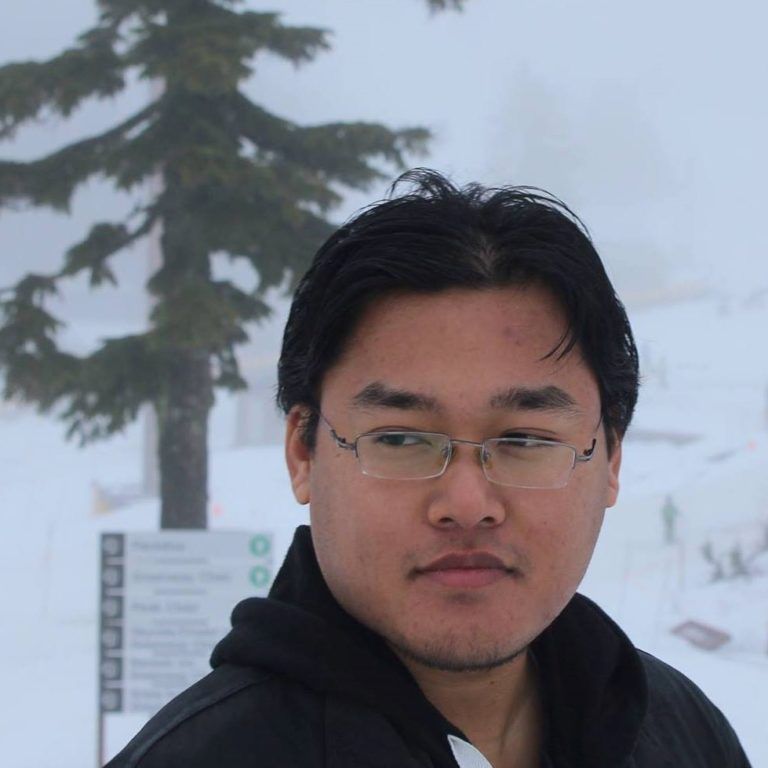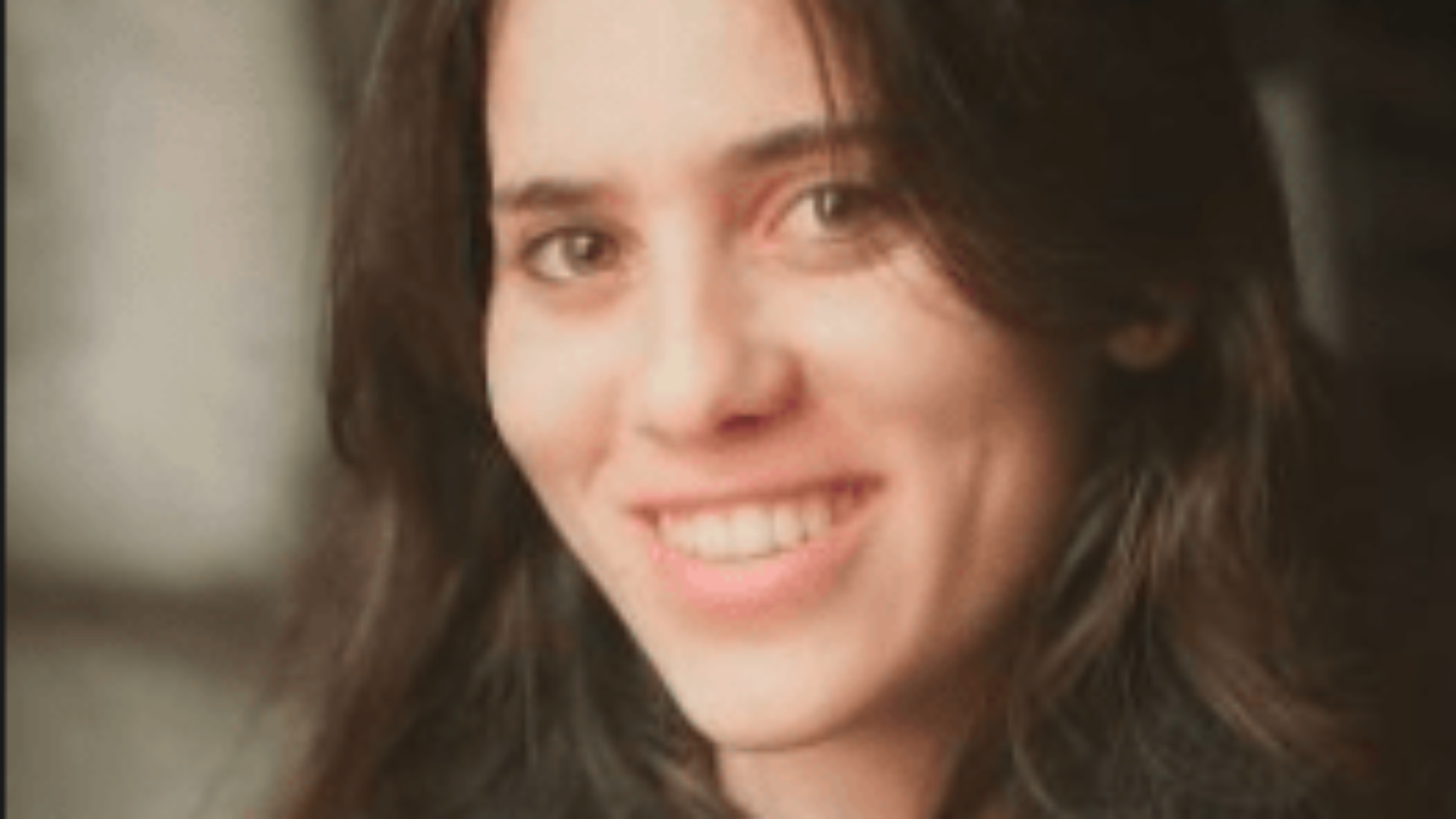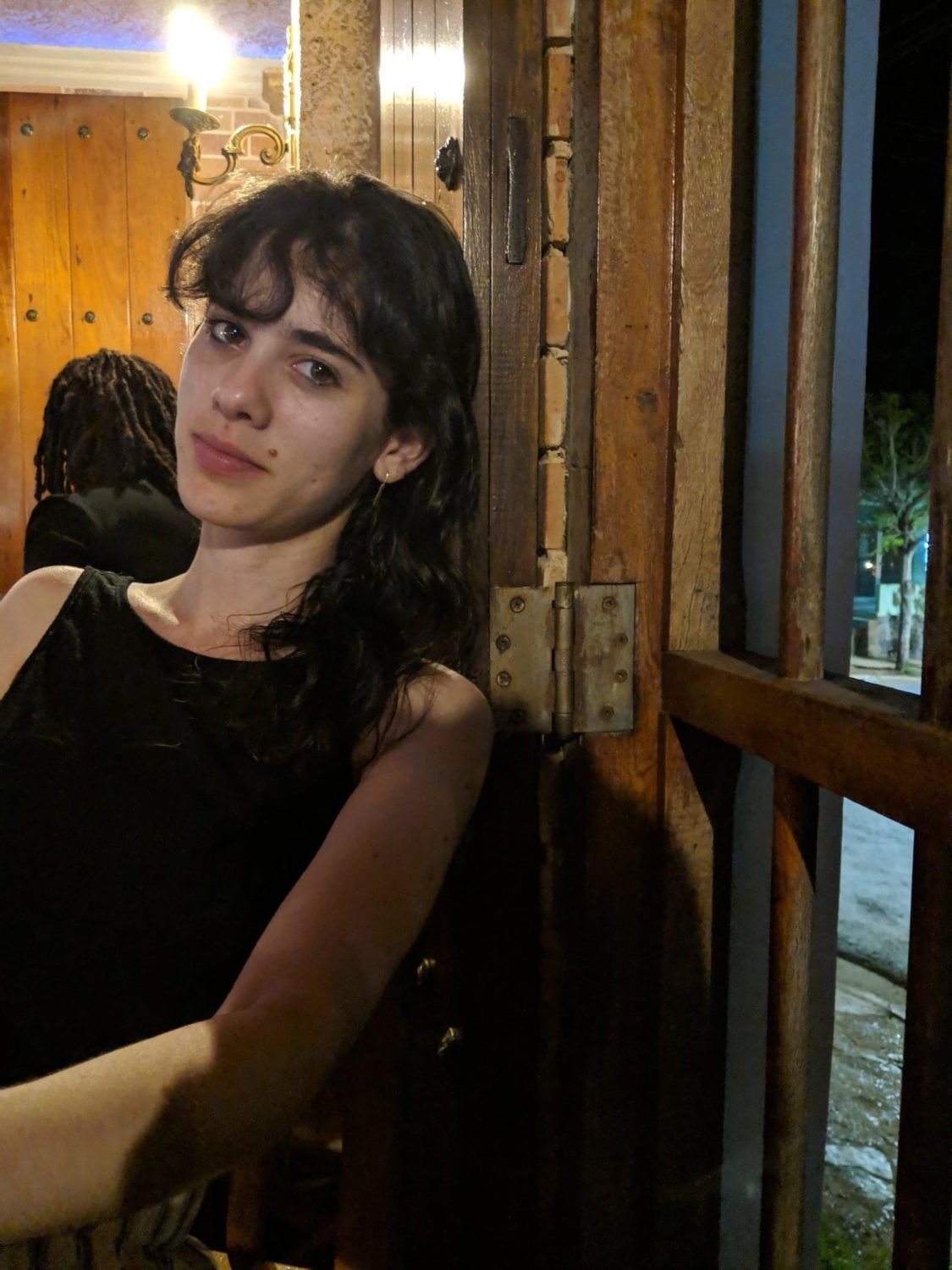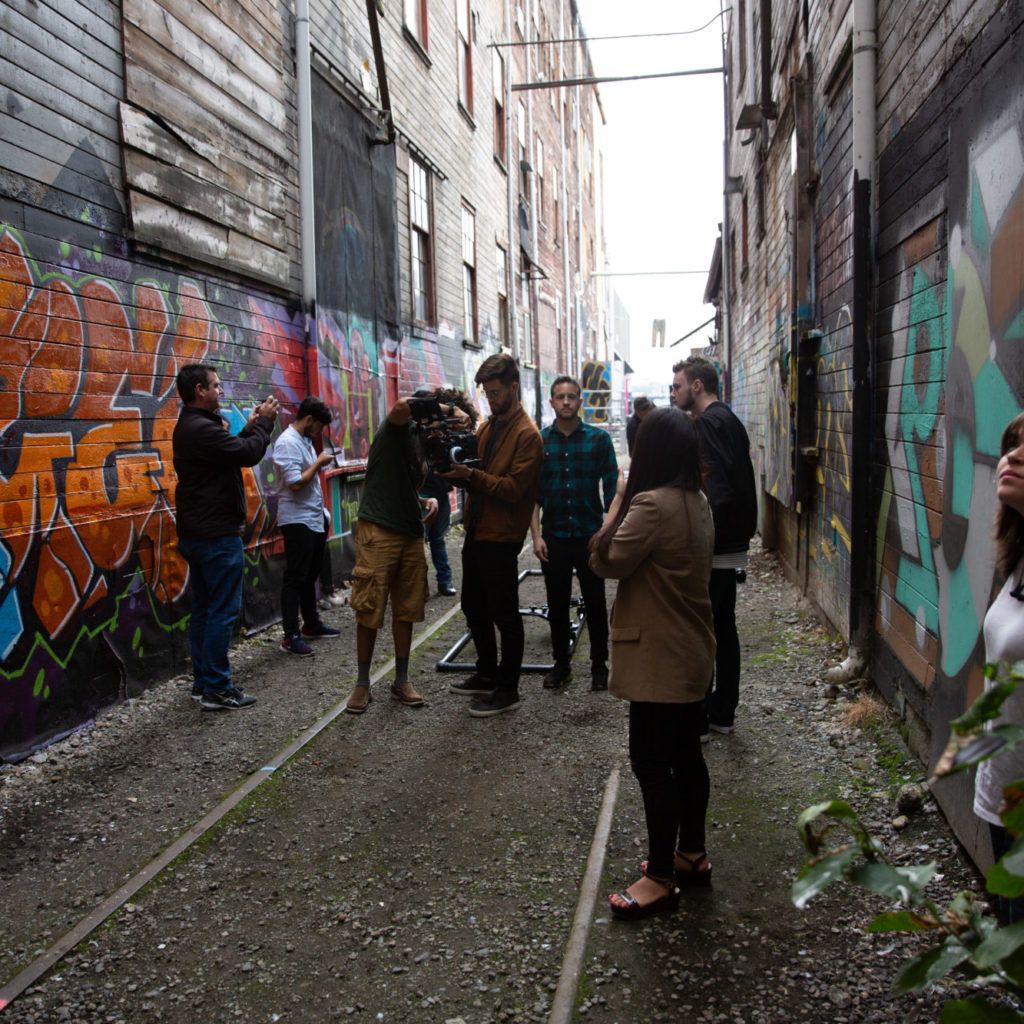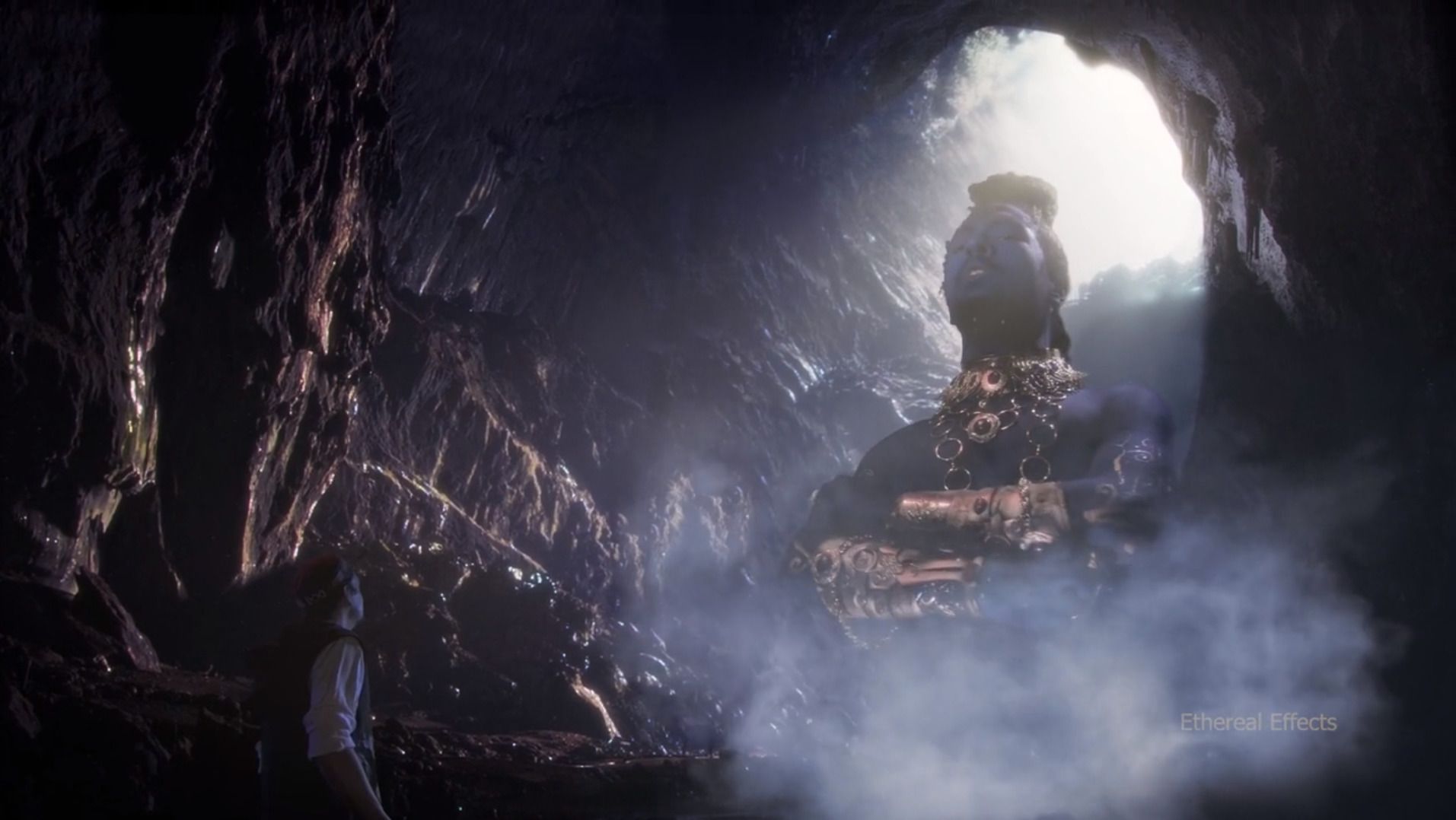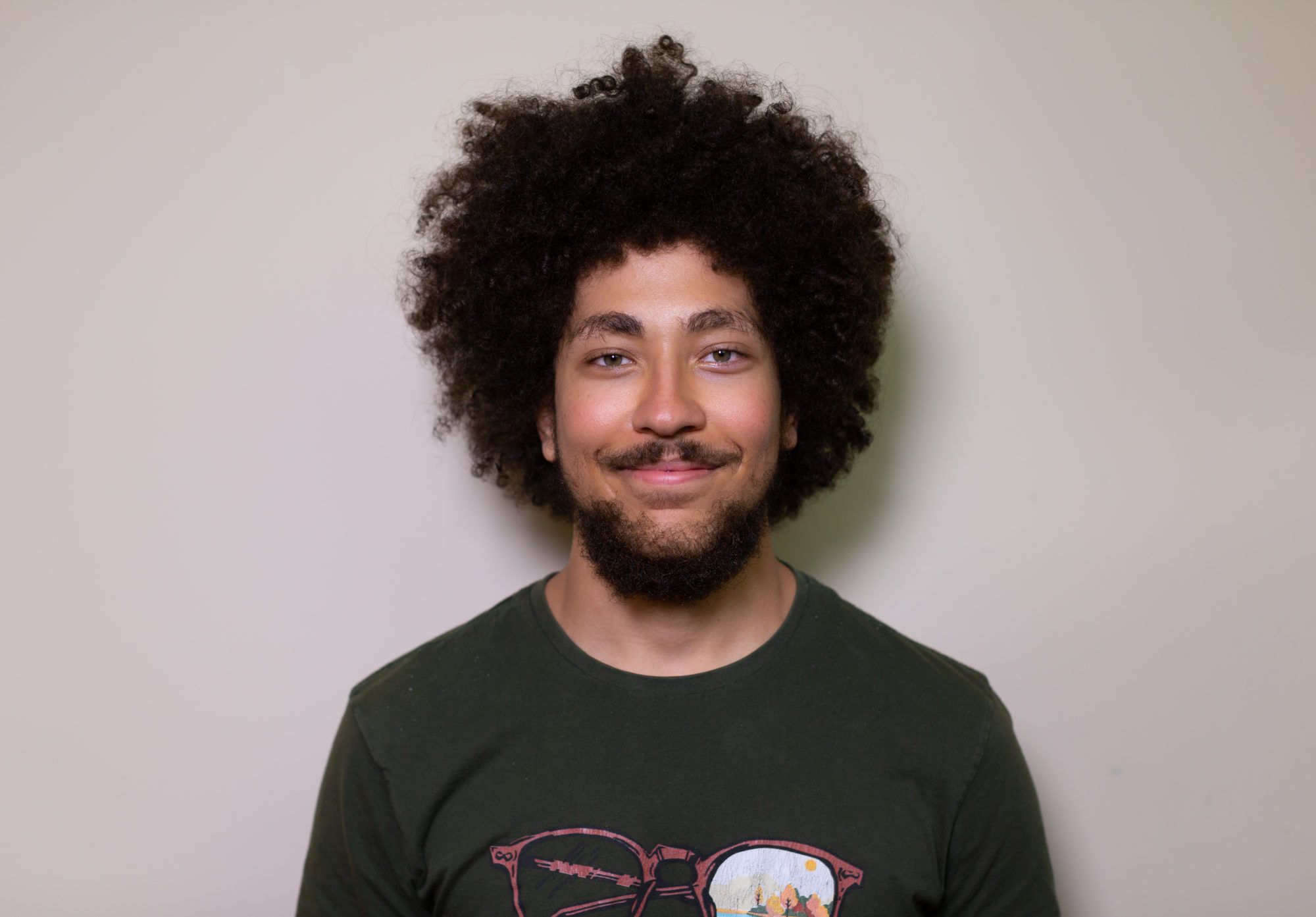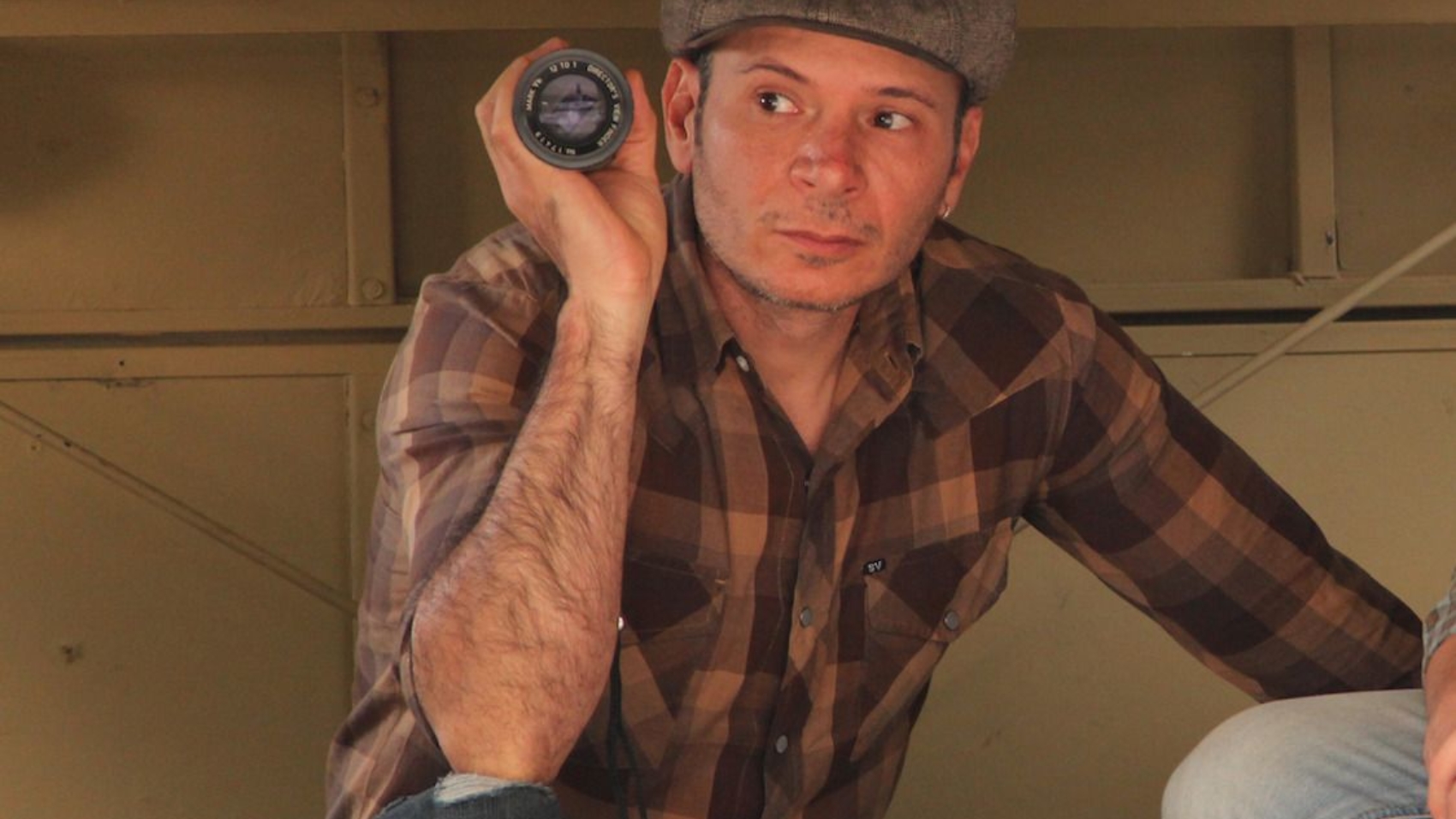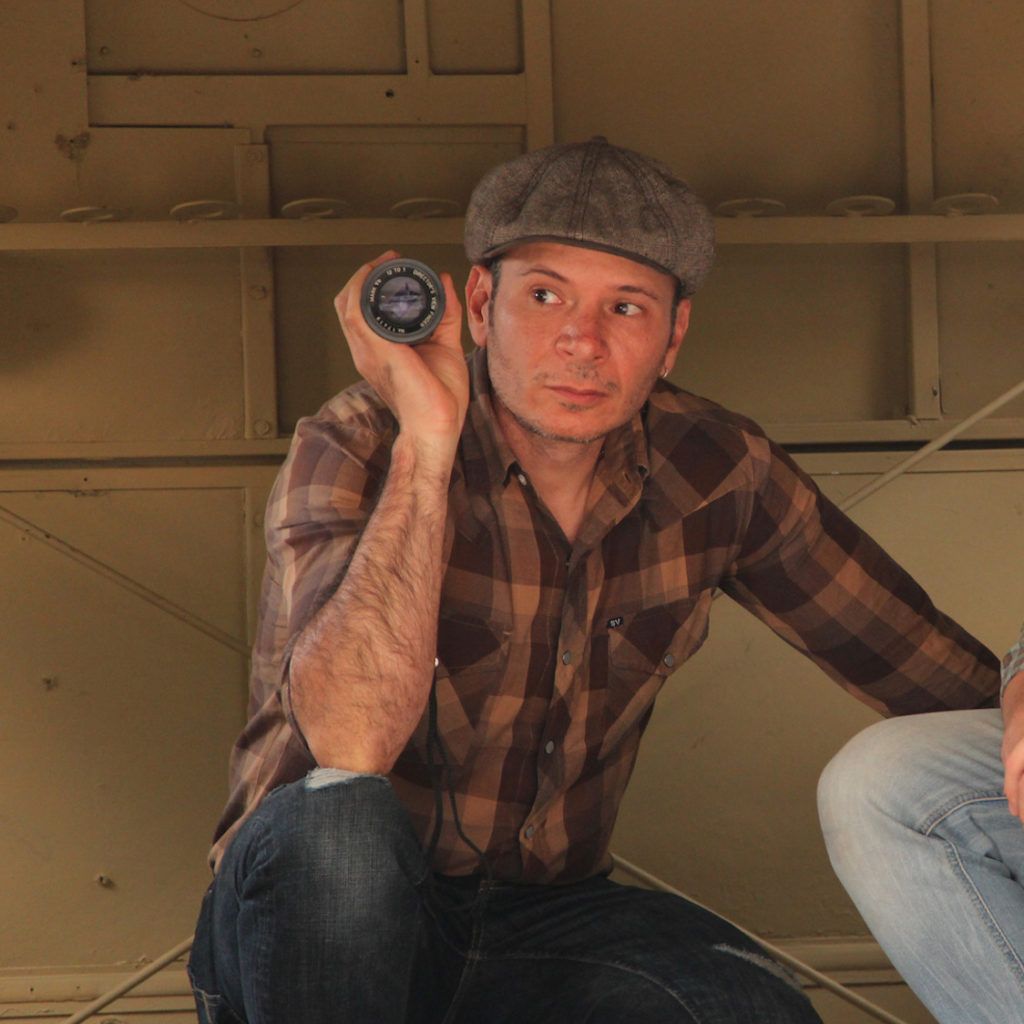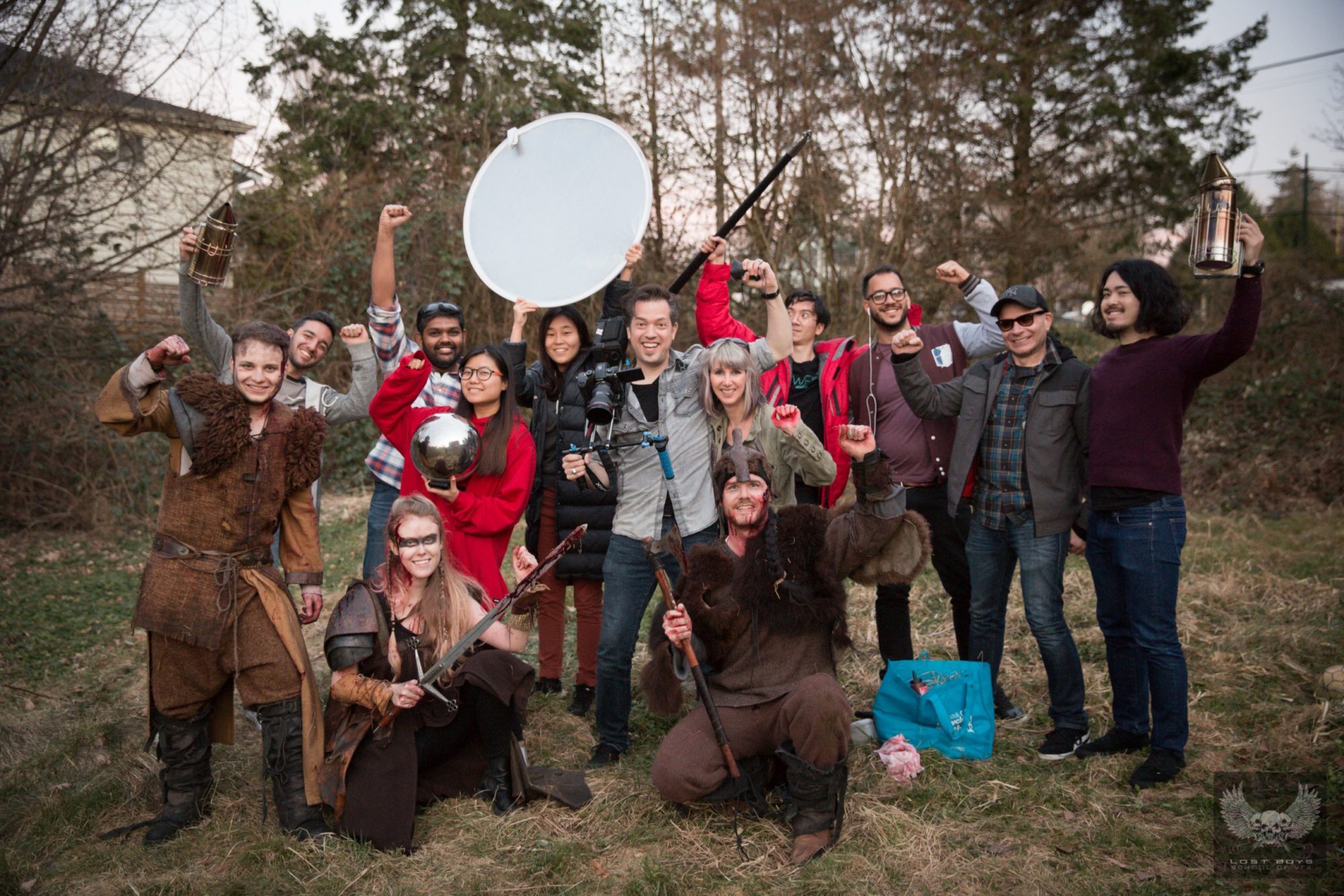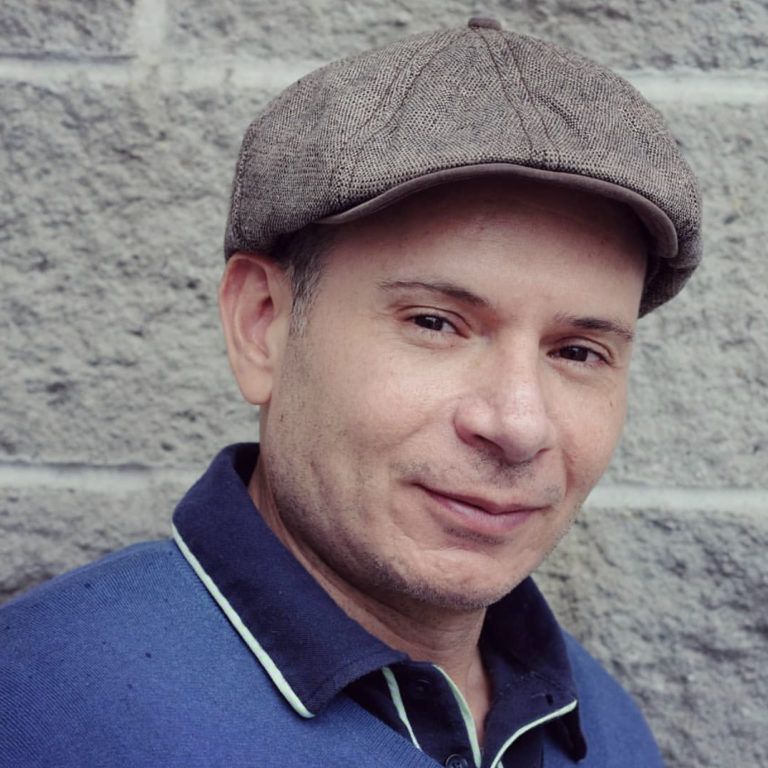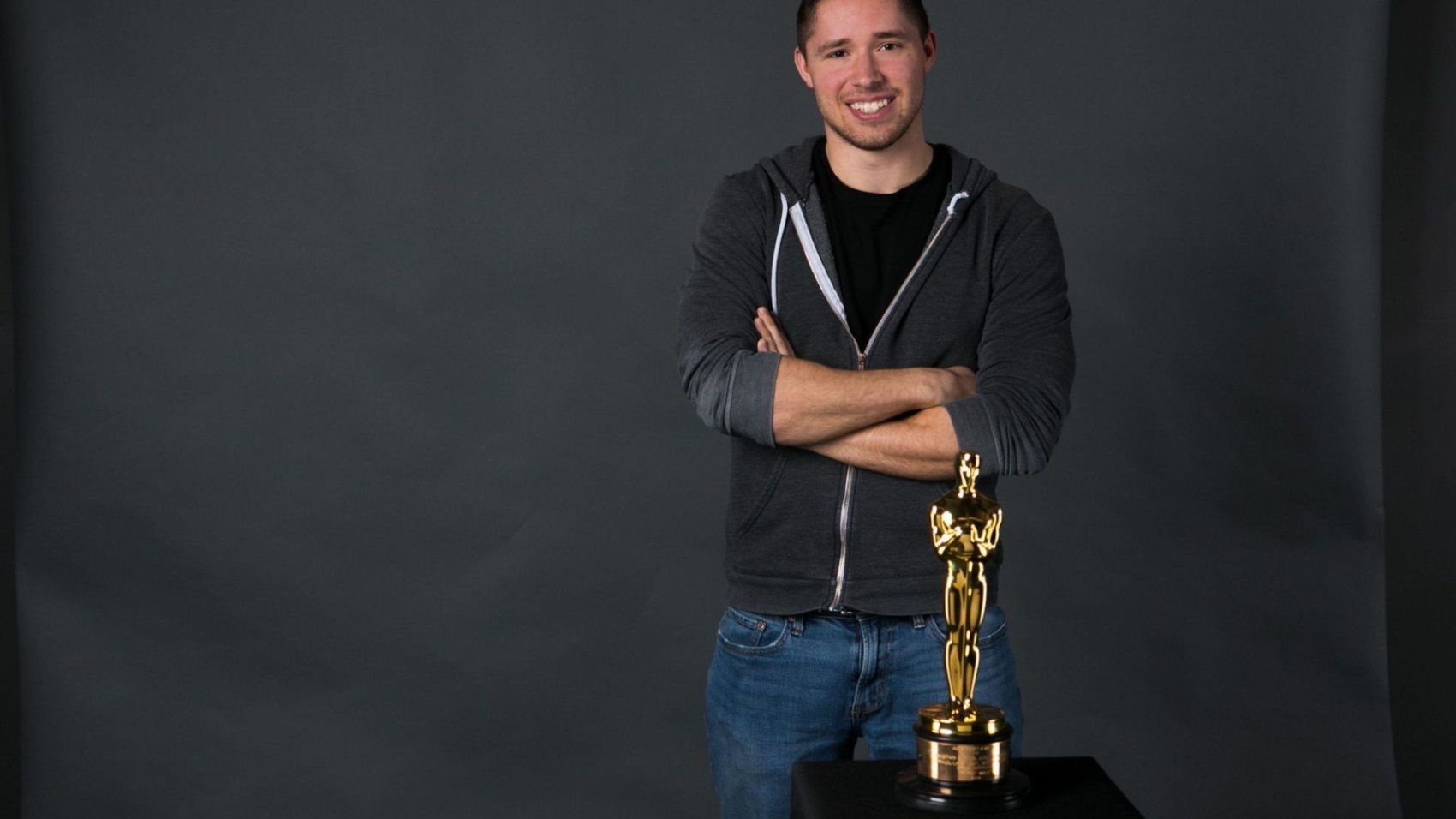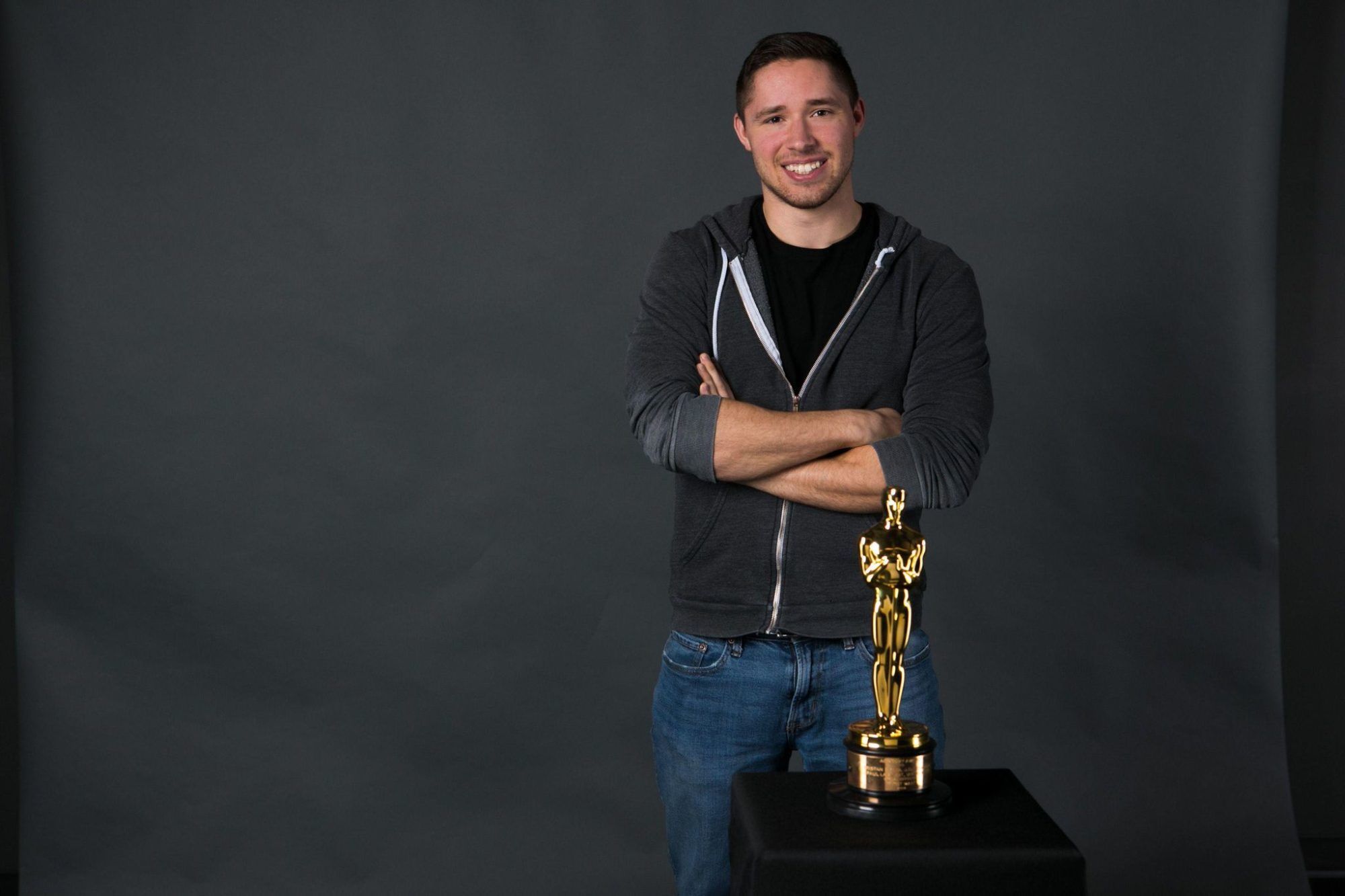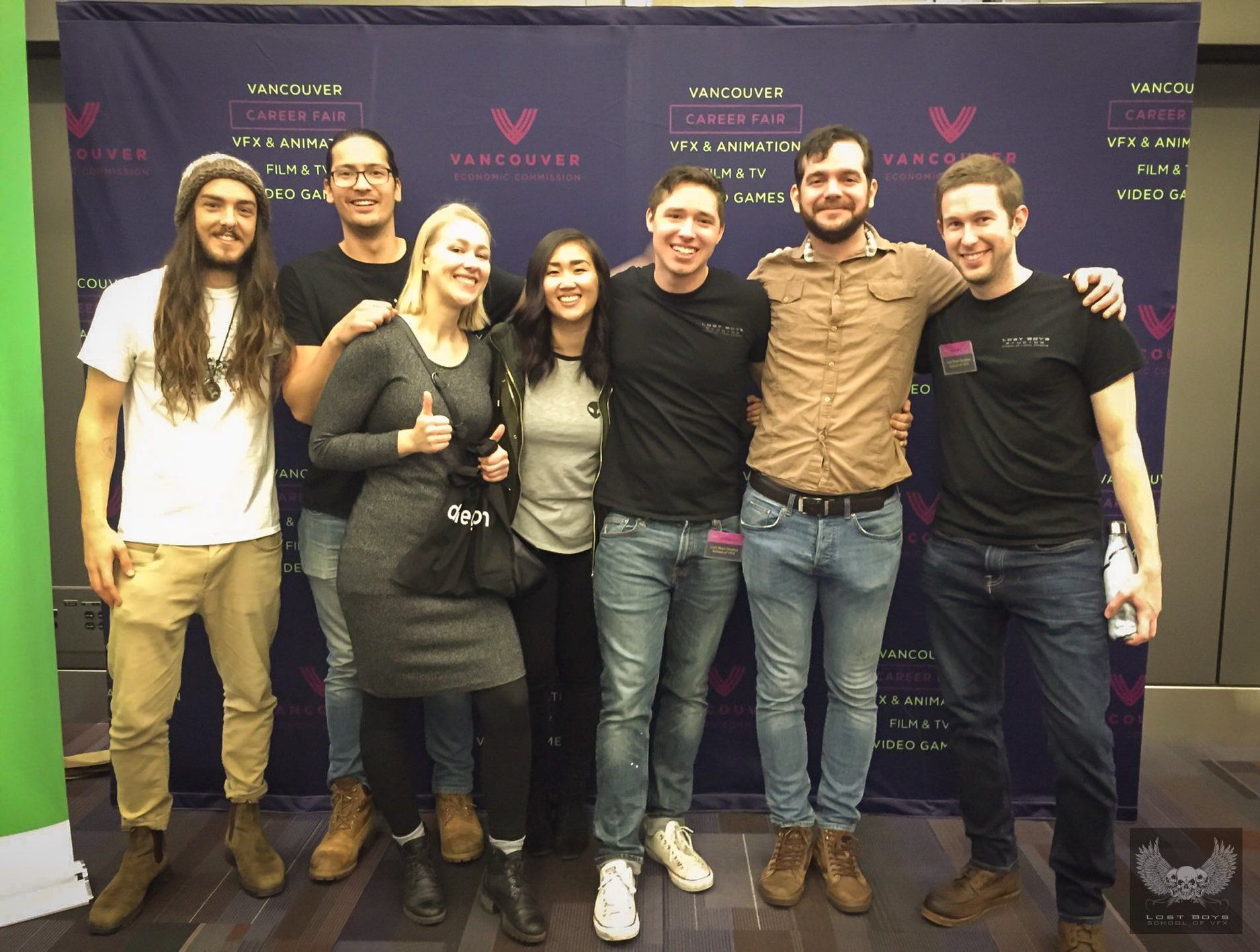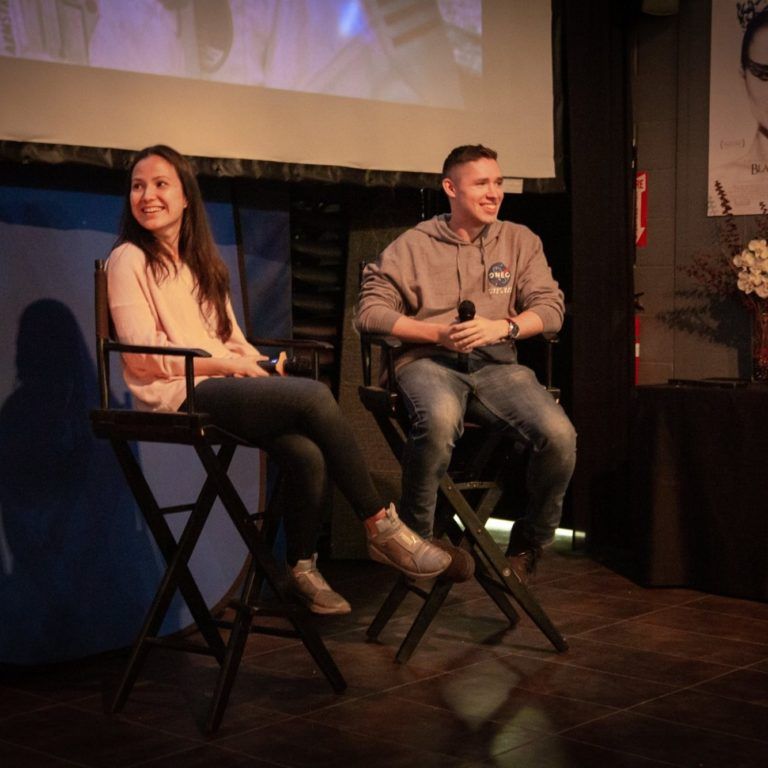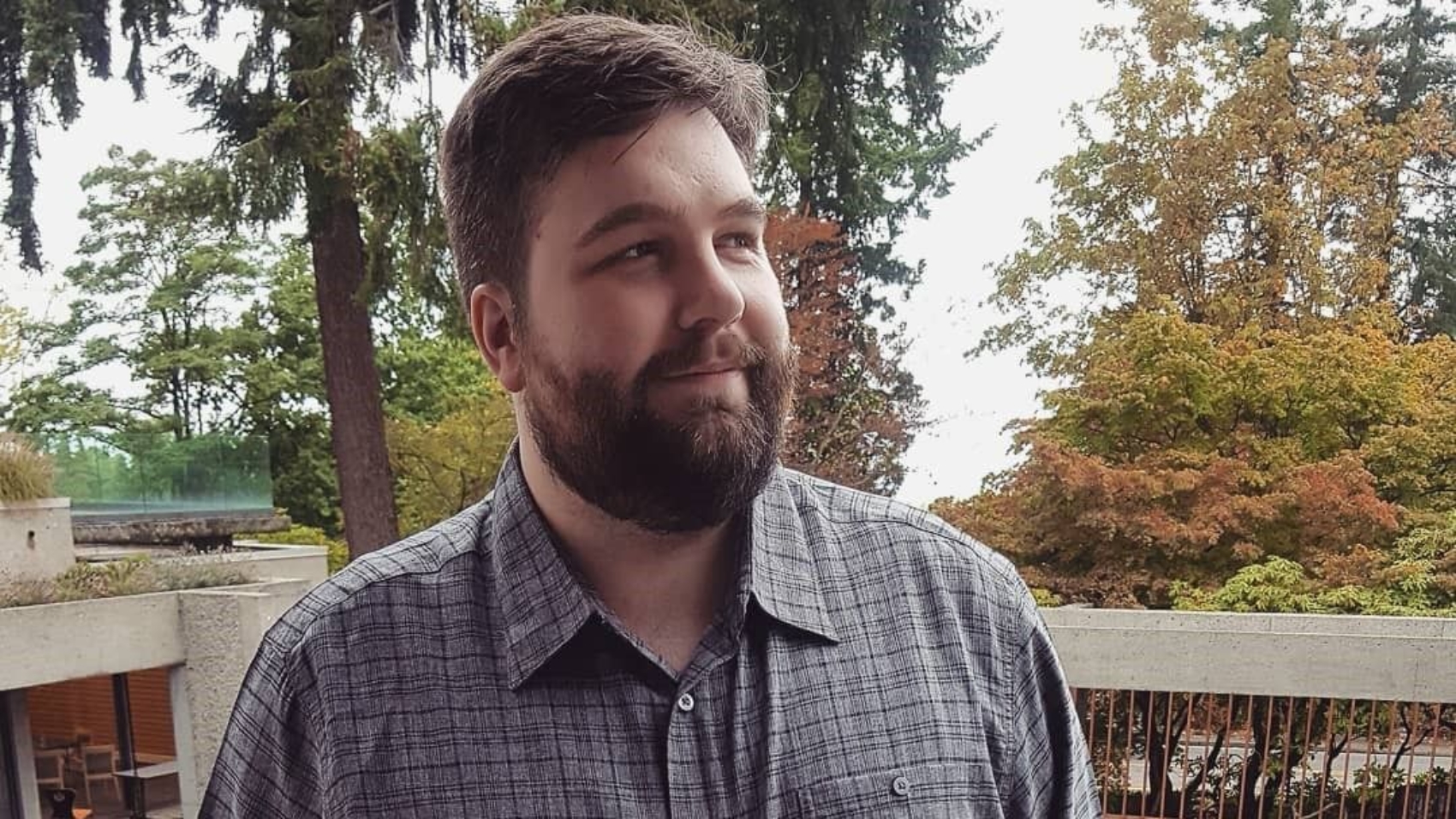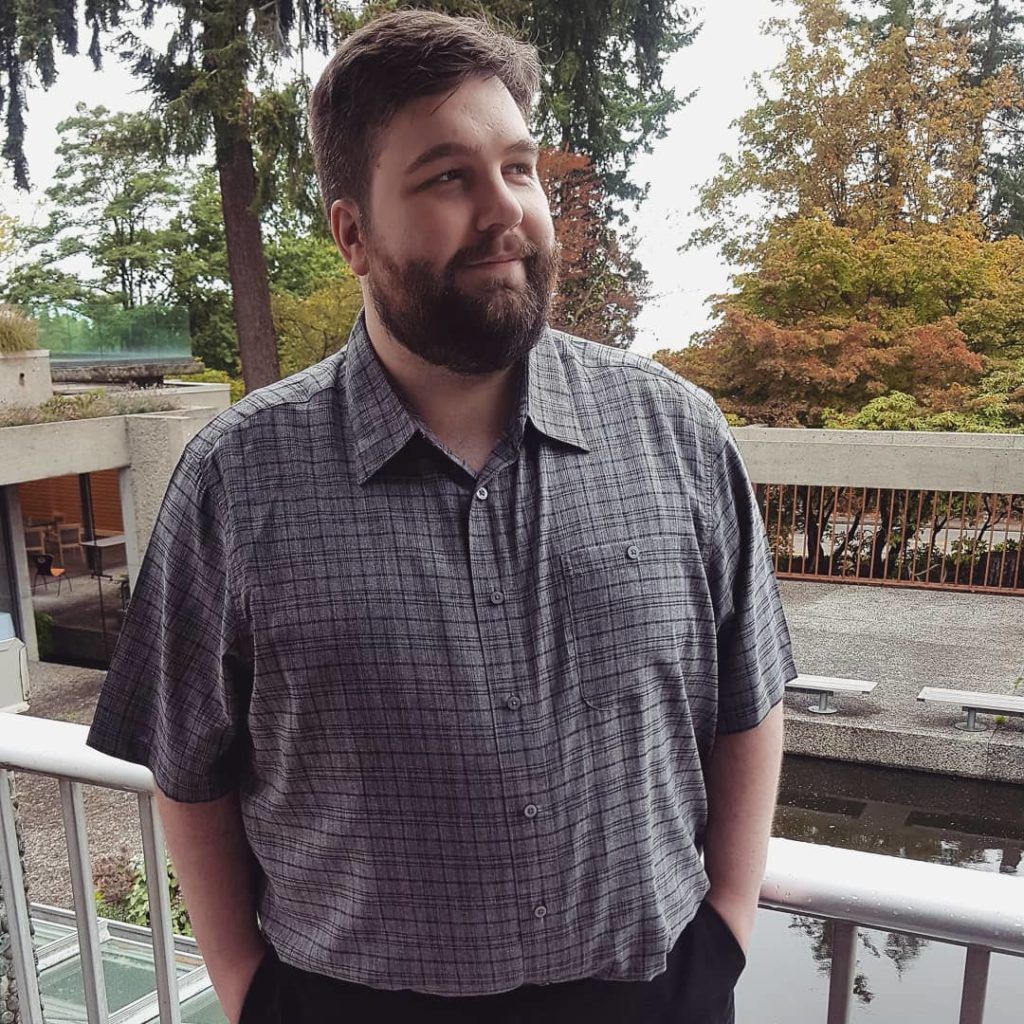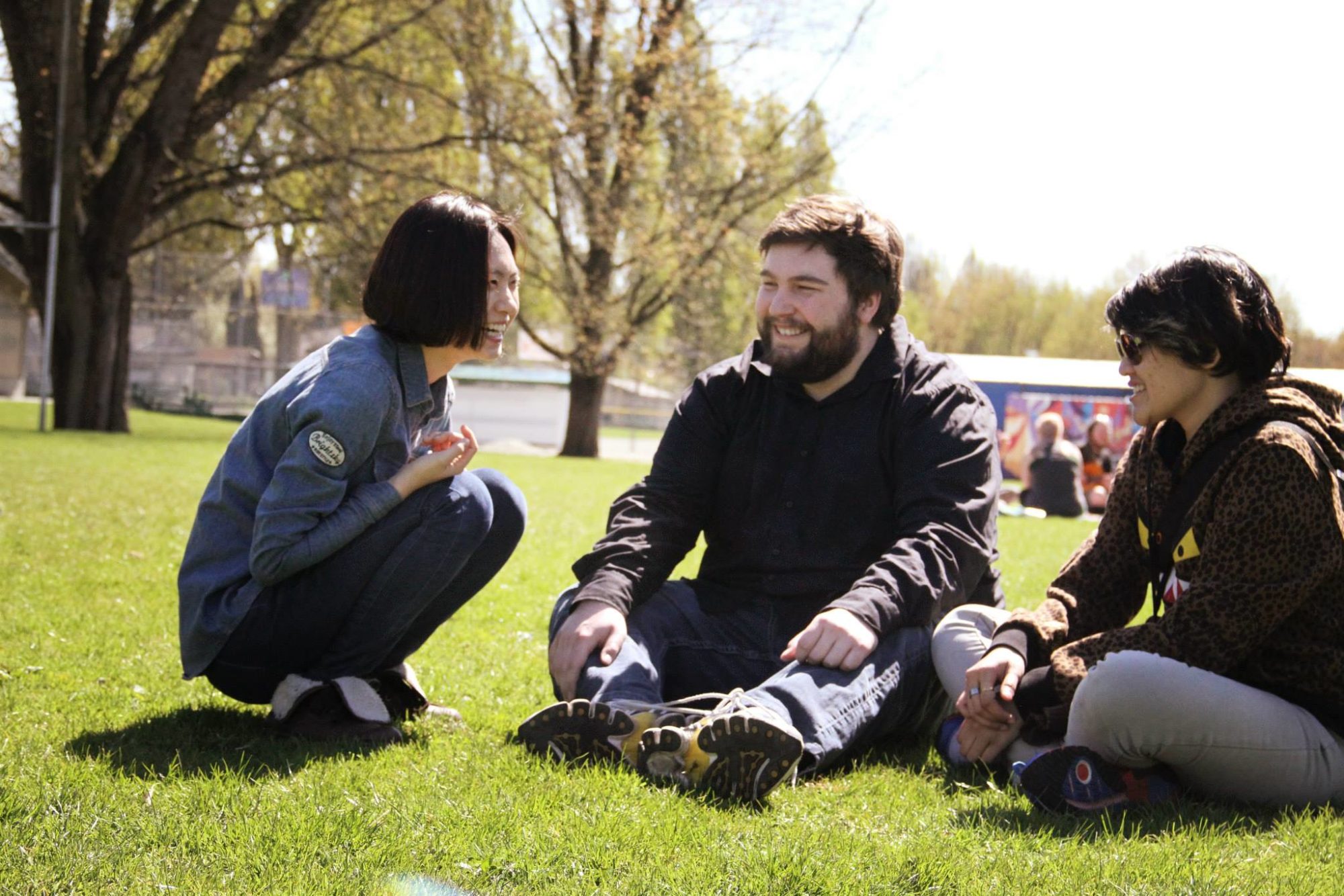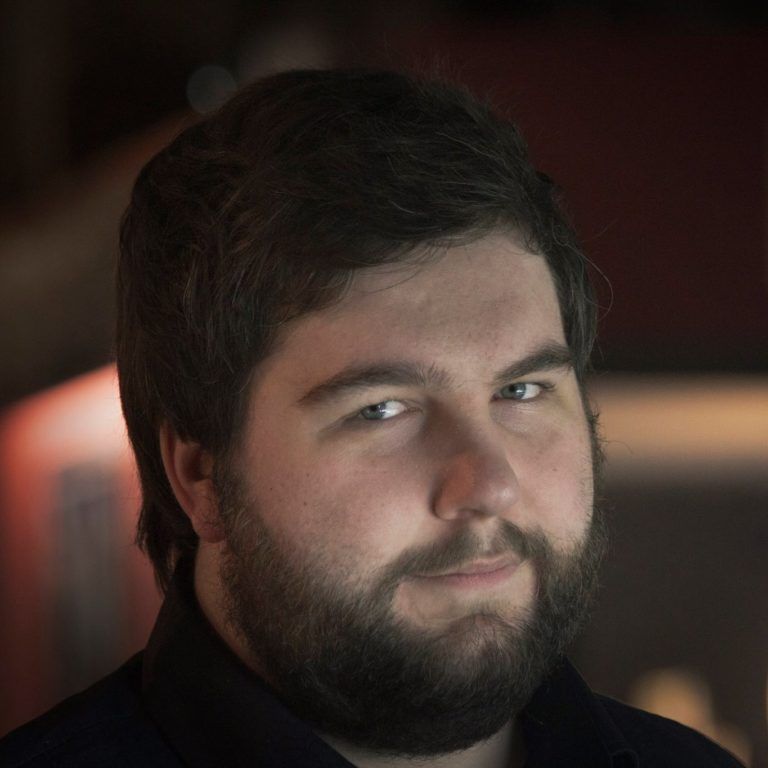Artist Spotlight
Marta Gambertoglio
Compositor | Lost Boys Alumni 2019
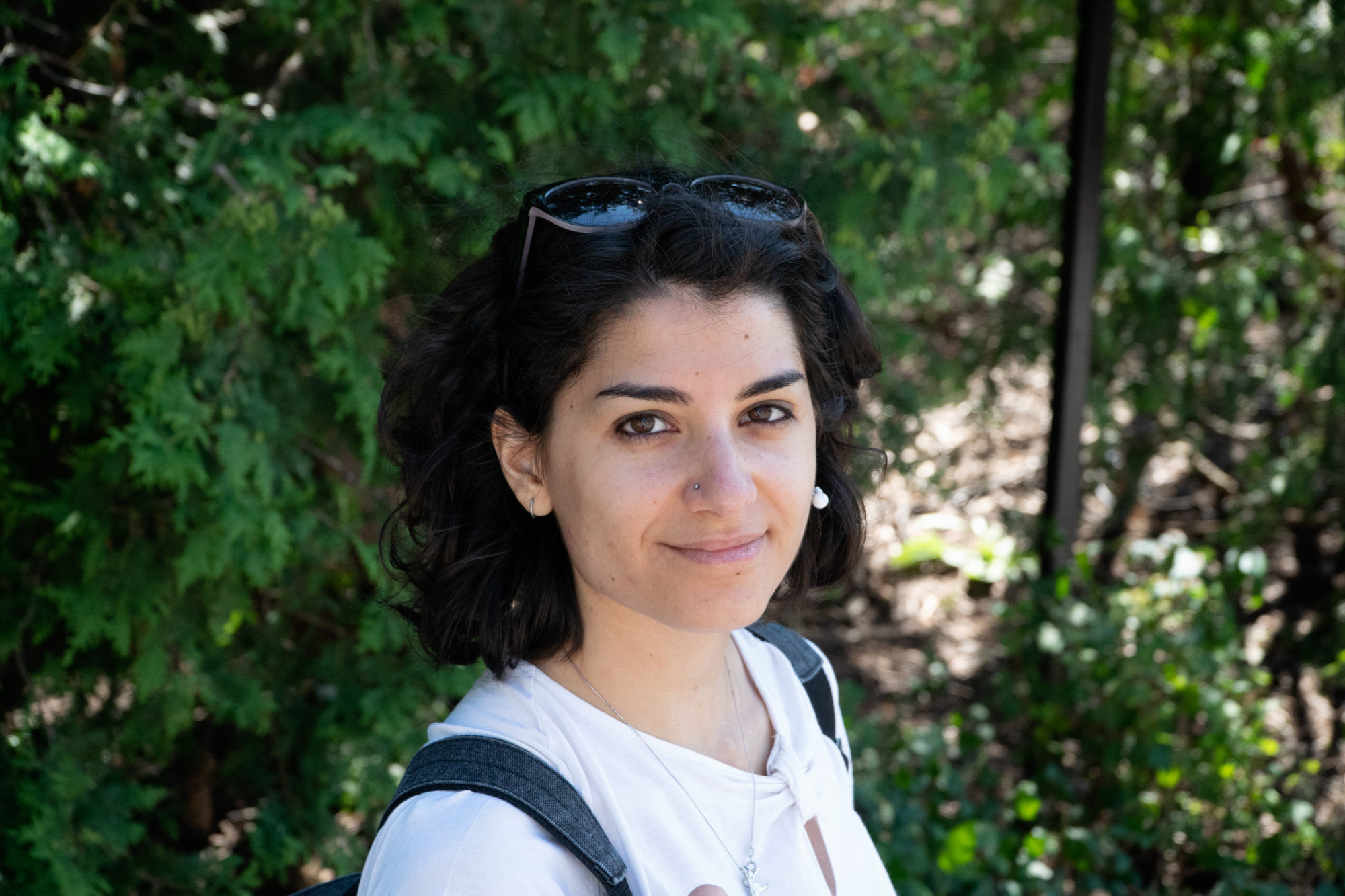
Demo Reel
Credited on:
Visual effects is a magic world to me. It's a place where you can create whatever you want. You can even reproduce reality and make people believe that it was real. Then, it is fantastic to look at their faces, shocking for their discovery. It is amazing to be part of this enchanting world and keep exploring it."
- Marta G.
What drove you to pursue visual effects? Did you always know you wanted to become a VFX artist?
Visual effects have always intrigued me, and my curiosity brought me to take the path for this world. Honestly, I have never thought about working in this industry since I started to study Motion Graphics. When I tried to composite my first 3D text into a shot, I had so much fun that I felt a desire to explore more deeply into Visual Effects. In particular, I was fascinated by compositing. I absolutely wanted to know more about what is behind the scenes of a movie and how it was possible to create perfect 2D/3D integrations.
What was the scariest part or challenge about visual effects?
I think that the scariest part is the idea of being stuck in a difficult shot, feeling like not able to work on it. I realized that every shot is different, it is essential to analyze it and find diverse ways in order to achieve the best result. Every shot and every project are new challenges. This could be scary sometimes, but also exciting at the same time. Most importantly, sharing ideas with my team and asking for advice allowed me to improve and have more fun.
What differentiated your experience with Lost Boys in comparison to your previous education?
With Lost Boys I really understood what I am doing in Nuke and why, not just how. This type of approach is essential in VFX because everything changes so fast that having a solid knowledge helps in every situation and it makes me feel more confident and less stressed. Lost Boys also gets used to making you feel like you are in a real VFX Studio. So, when I started to work, I was prepared for what I expected. I also enjoyed meeting people from all around the world with different backgrounds. I think this is a precious value.
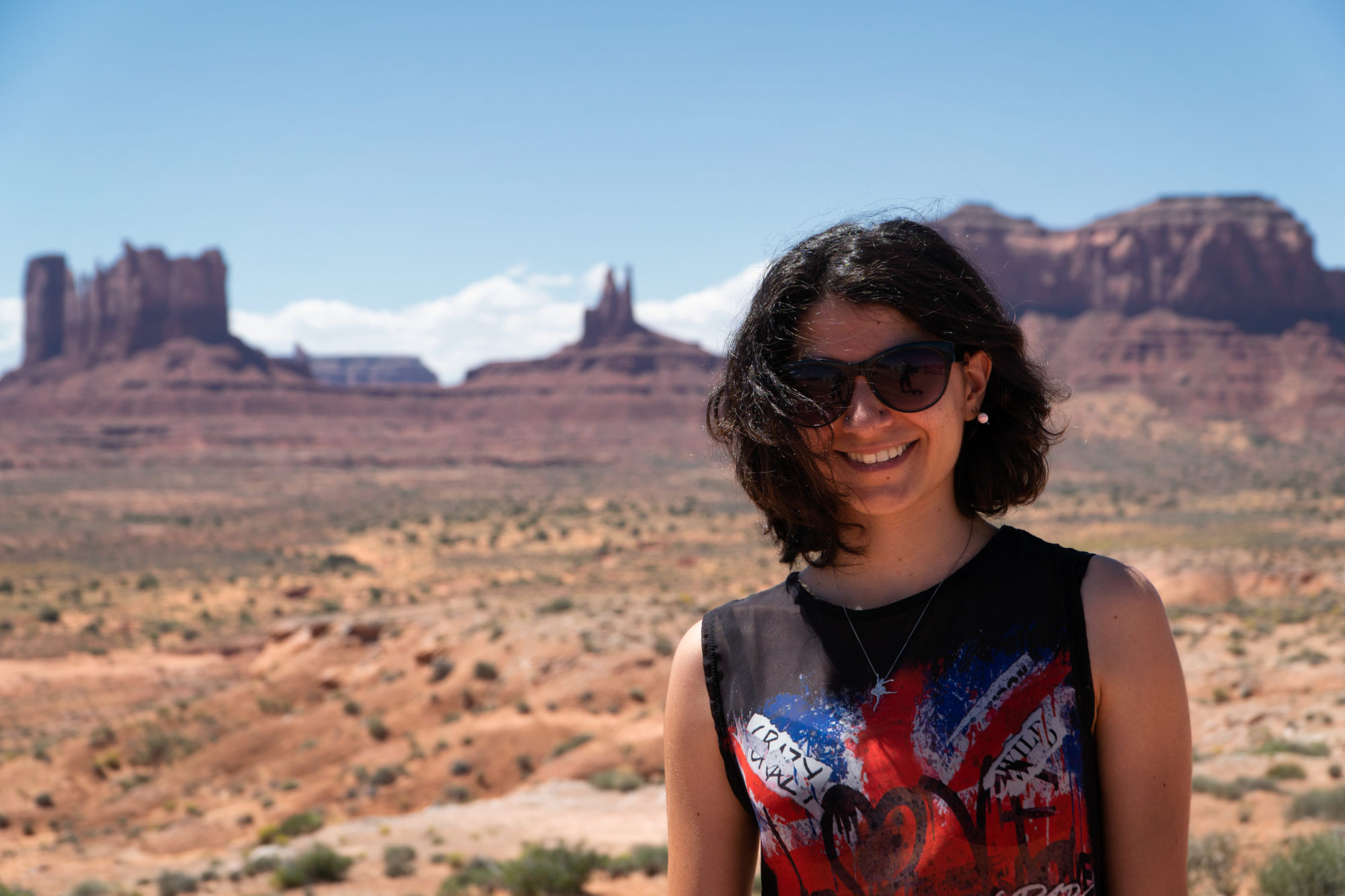
What is something you wish people knew more about VFX artists?
VFX Artists have a strong passion for what they do, but I think that sometimes people
underestimate how many hours they spend studying and improving their skills.
What is something you wish more people knew more about VFX/VFX Artists or Compositors/Compositing?
VFX is not a recent concept and it is used in entertainment way more often than I imagined. Only after learning compositing, my eyes were able to spot when a movie or TV show makes use of it. I believe compositors never see entertainment the same way after learning how it is applied.
What are the deep-rooted challenges you face in the industry now that you have graduated from Lost Boys?
One of the challenges is to keep working on a single shot until when it is perfect. Sometimes it could be a little frustrating, but at the end you feel so good for what you achieved and version after version, you are able to notice your improvements.
If there is one advice you can give to people who want to pursue visual effects, what would it be?
I suggest attending a school as Lost Boys in order to have a strong knowledge and deep understanding of how it could be working in a studio. It is very important to keep exploring new techniques, ask for advice and help your team.
